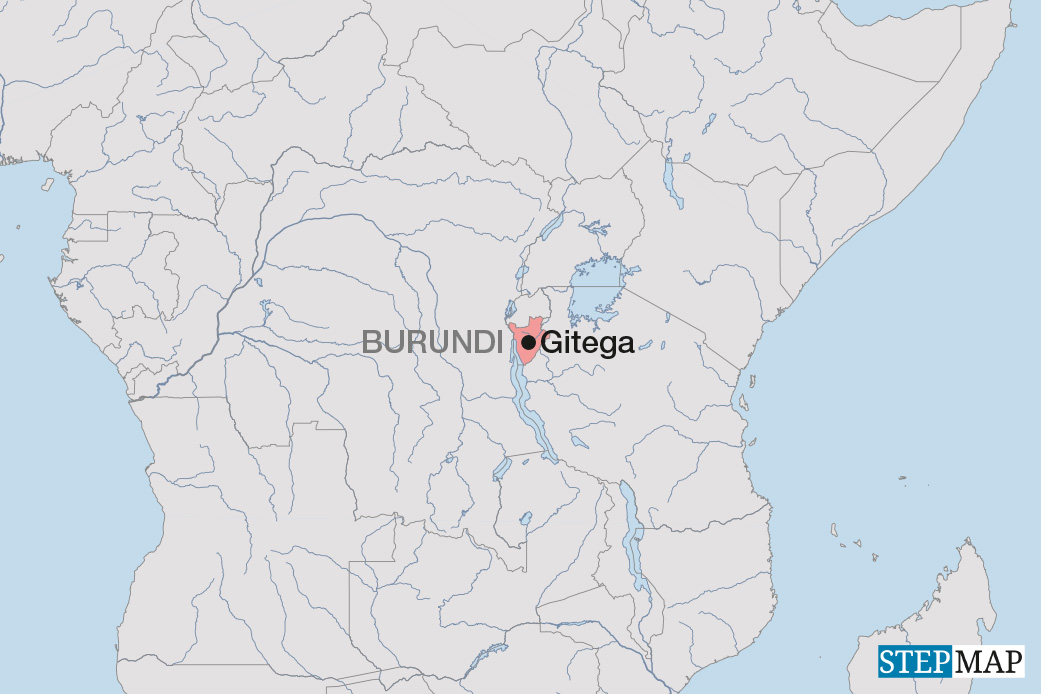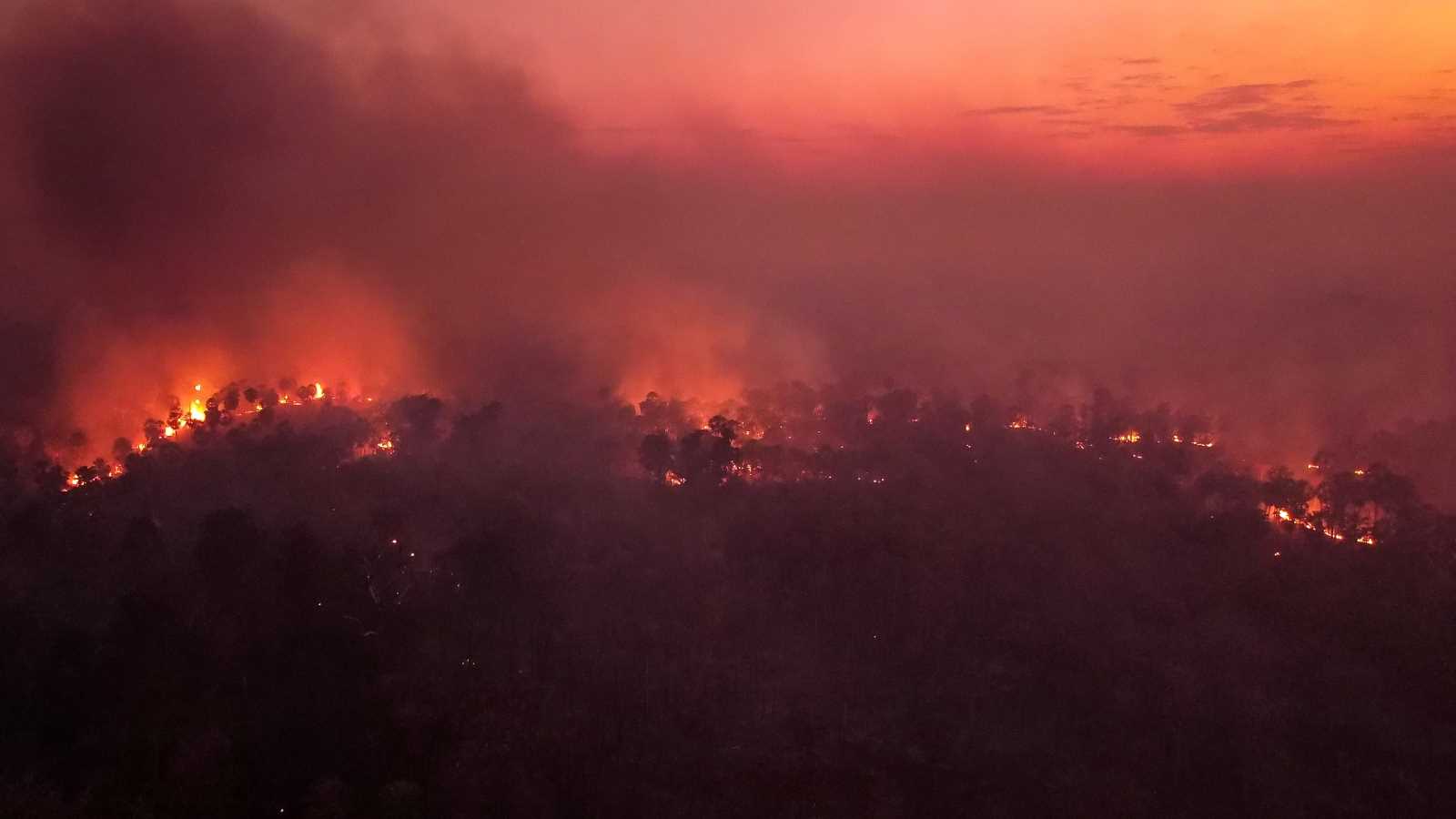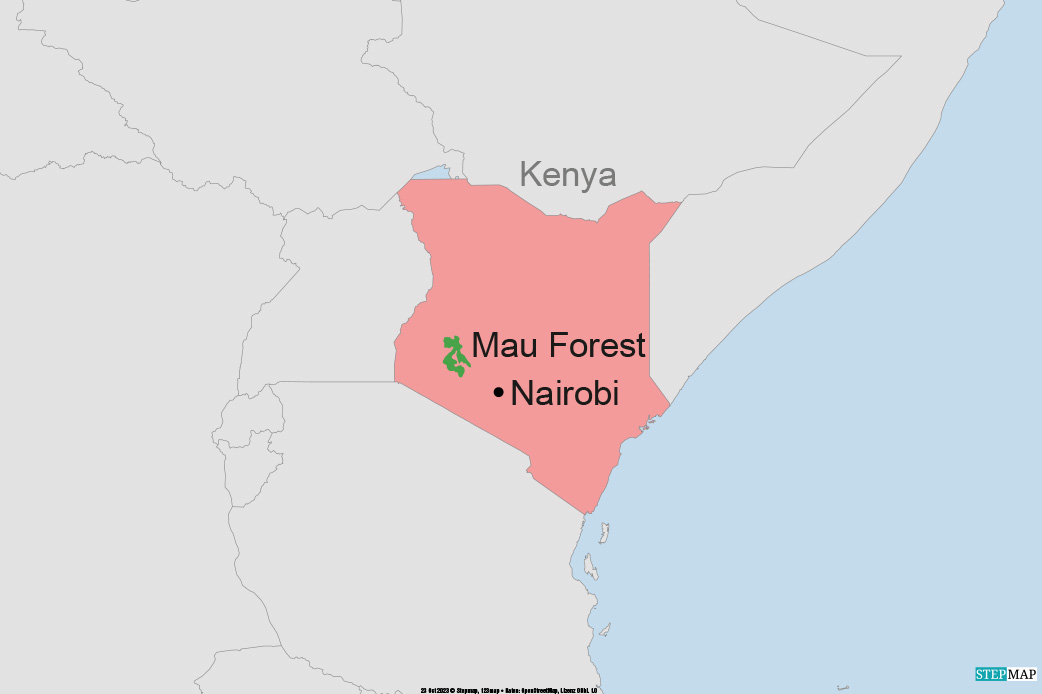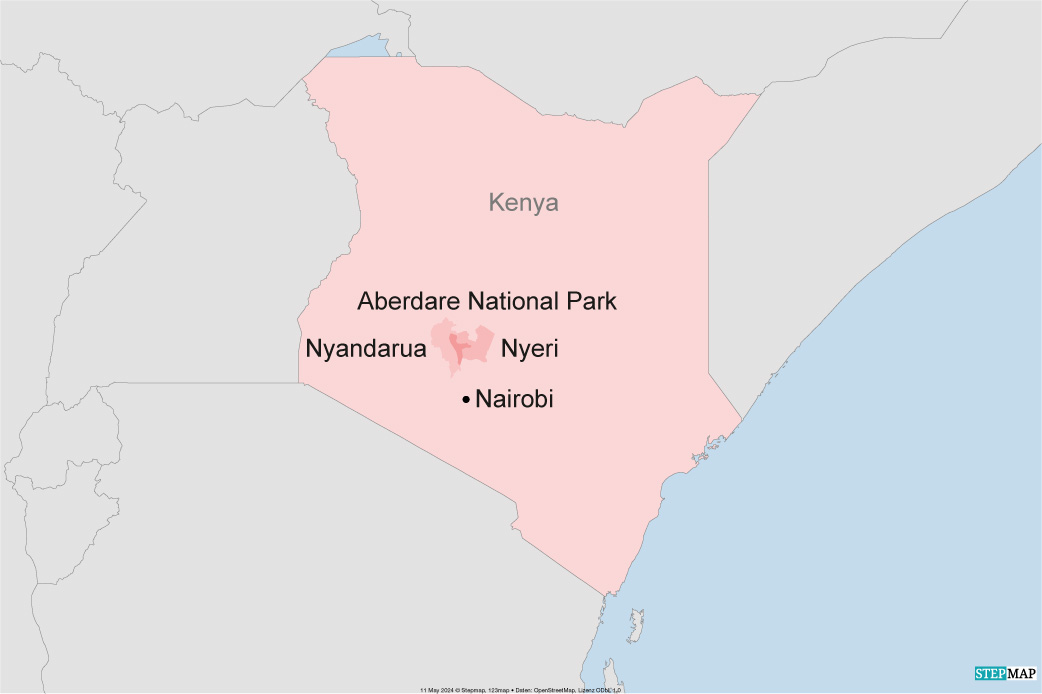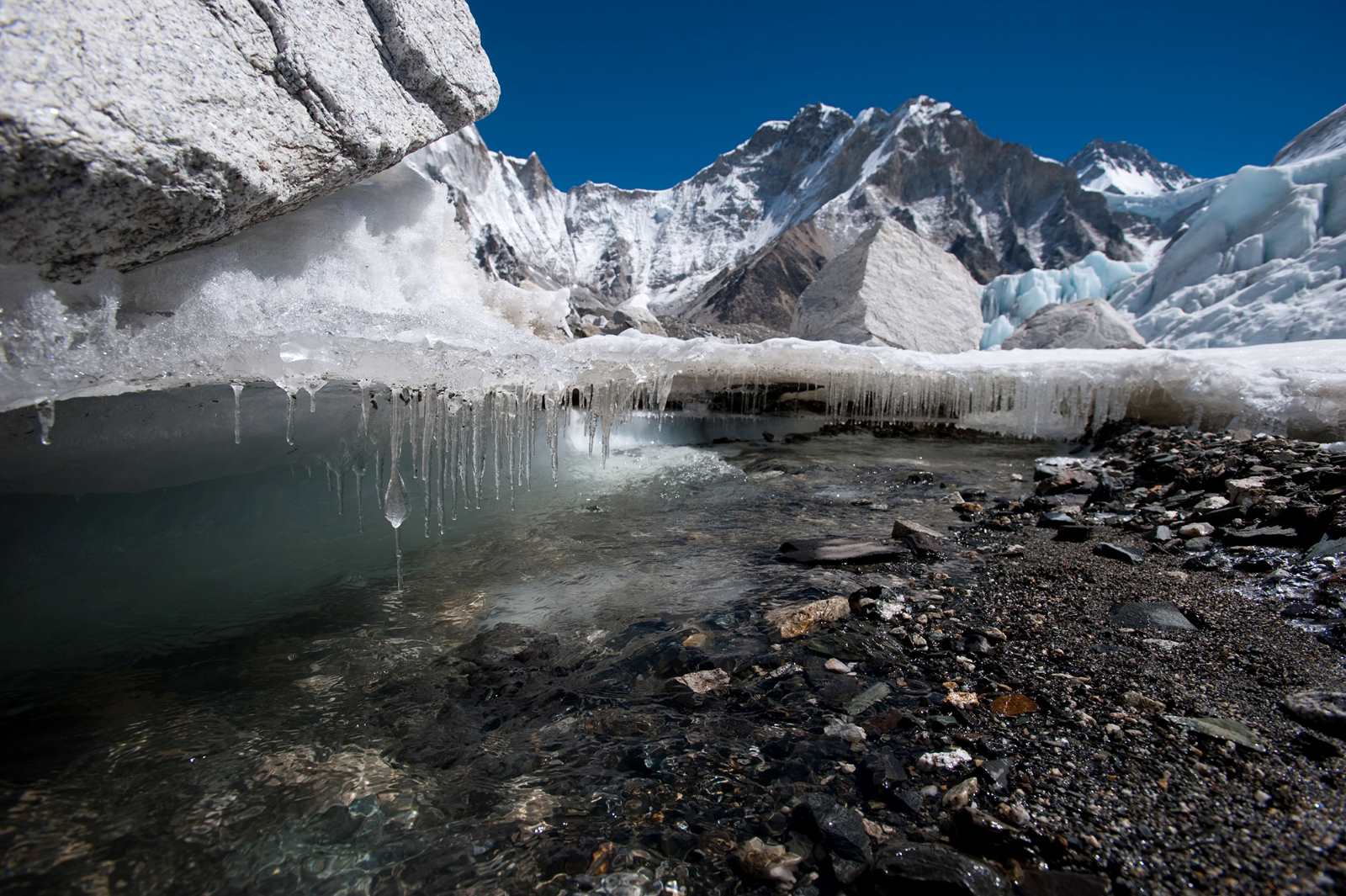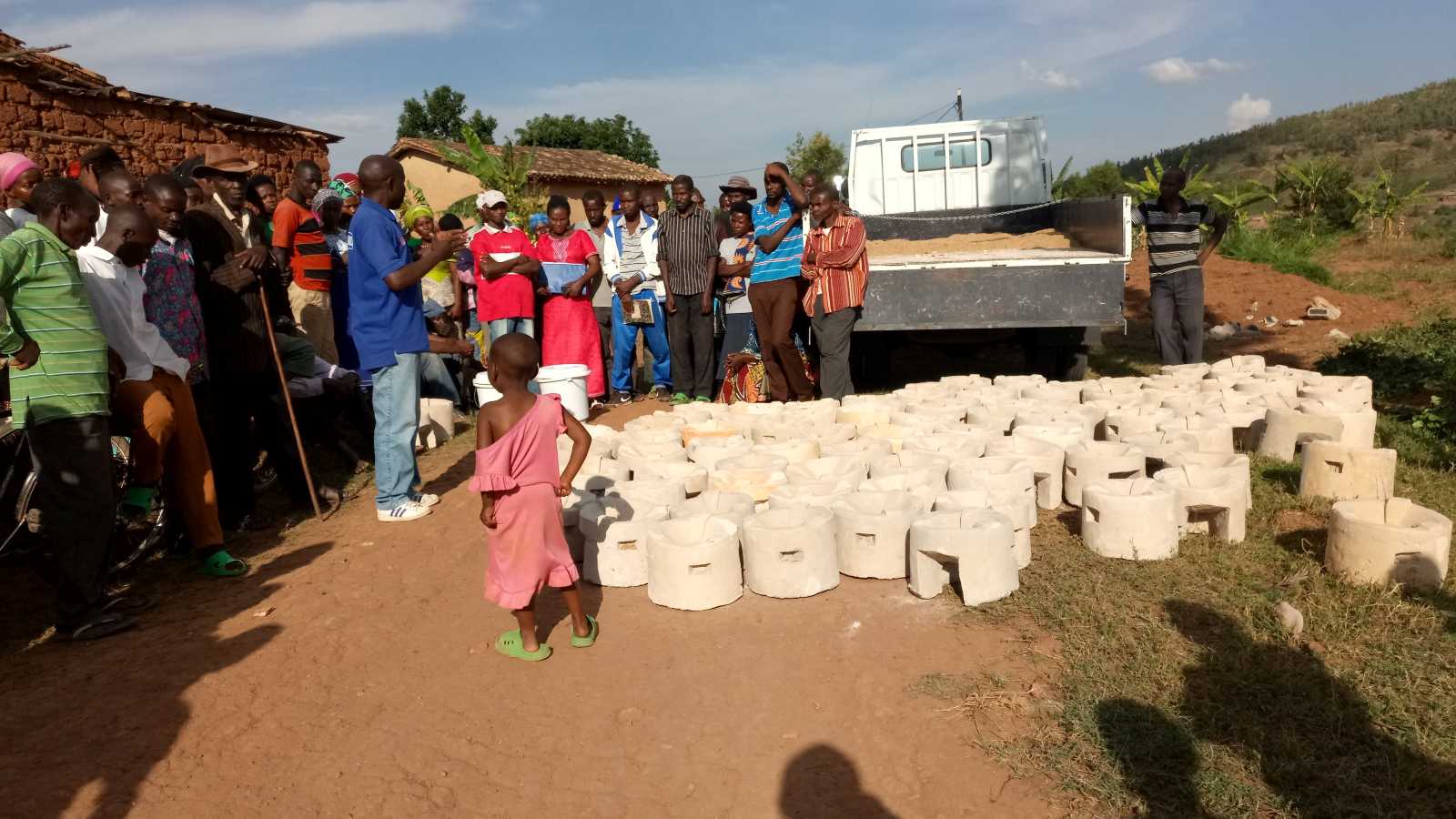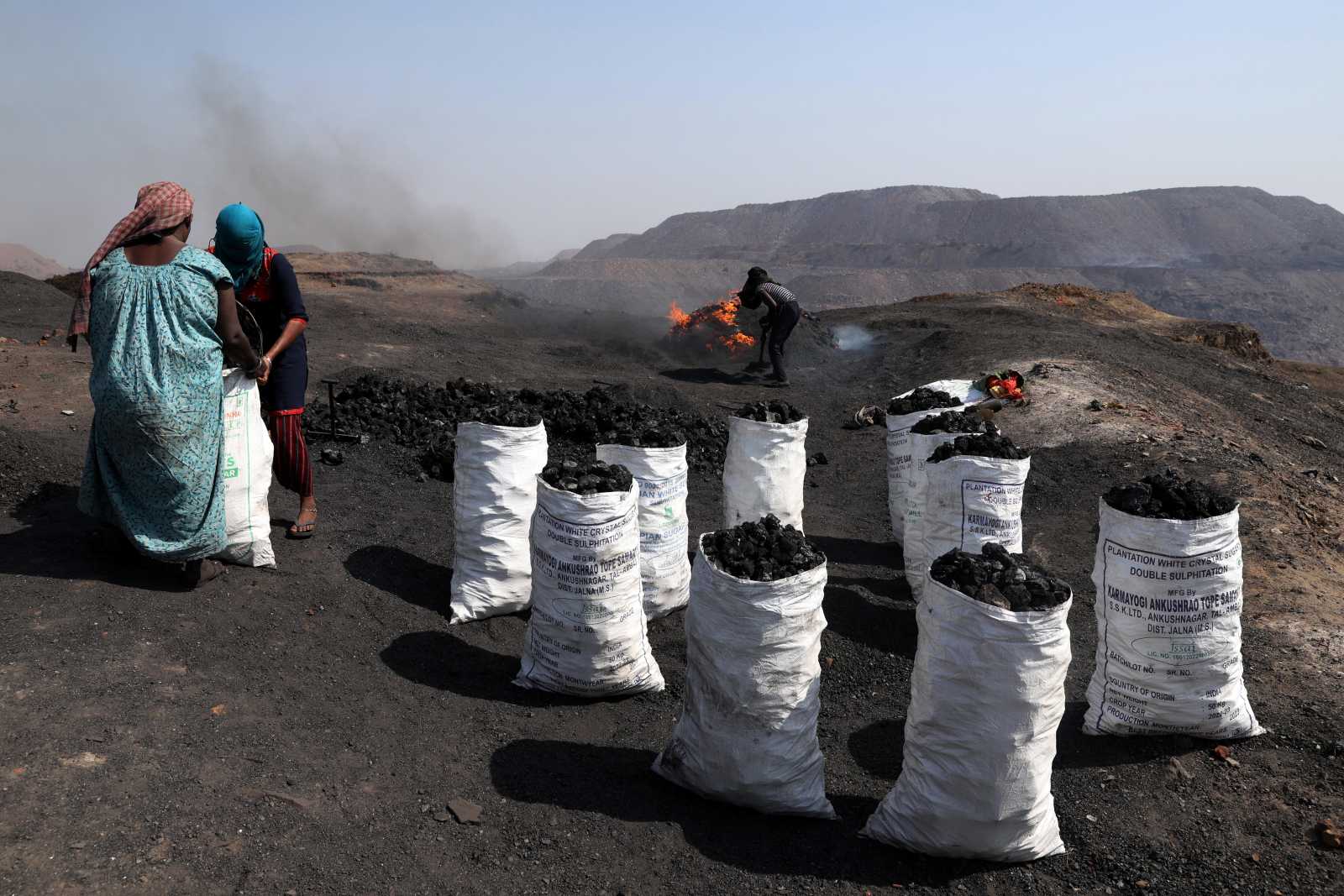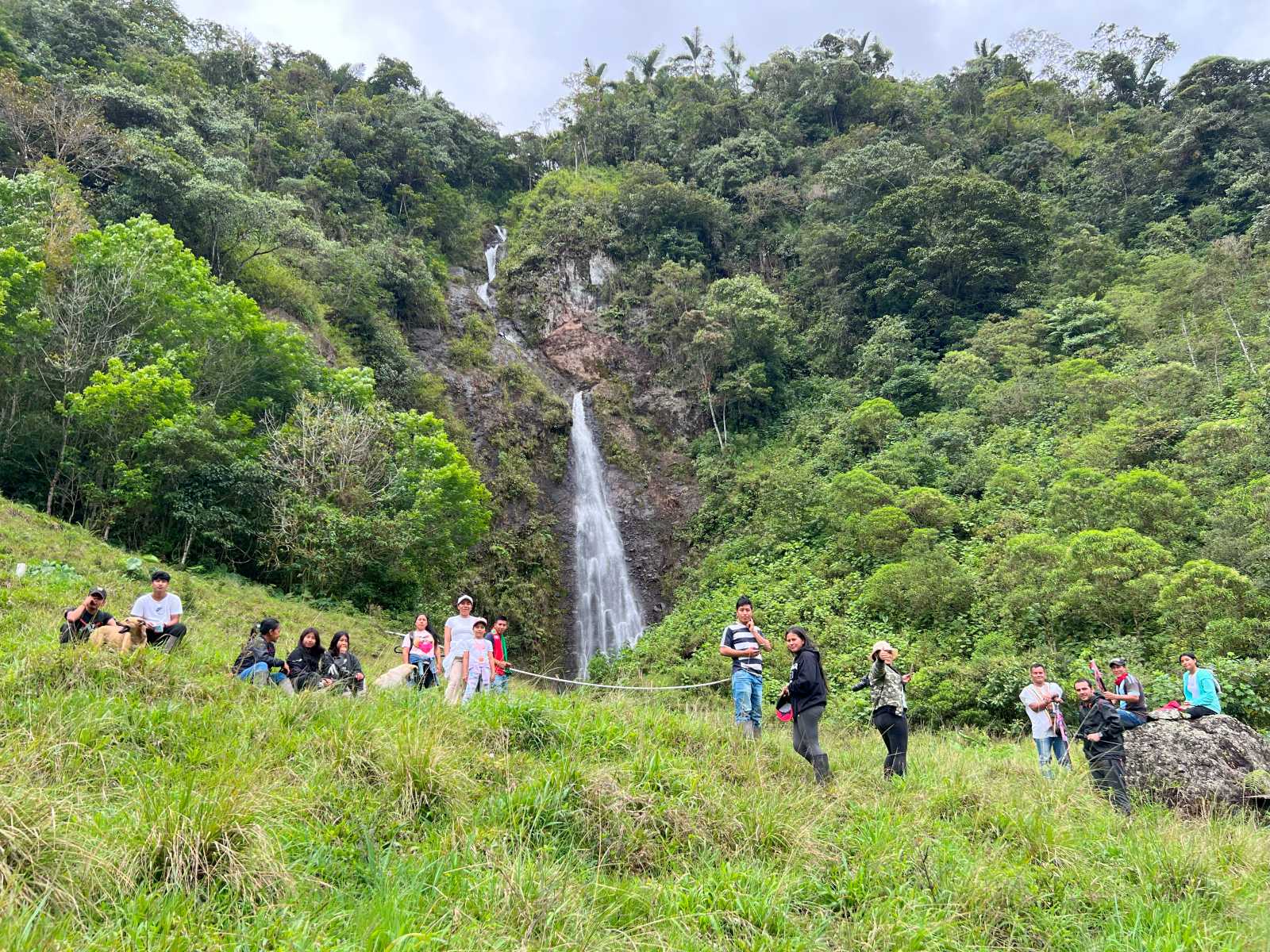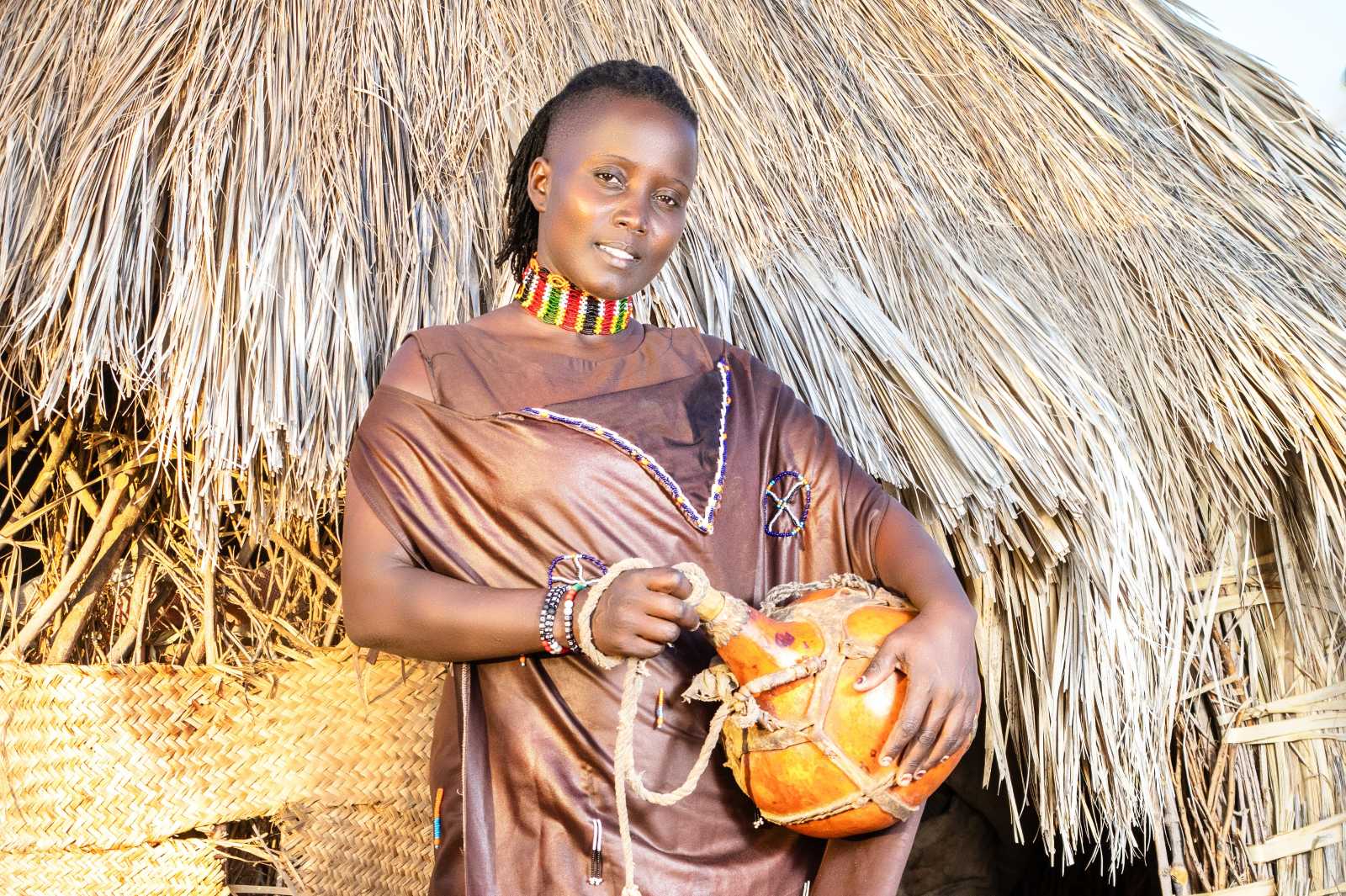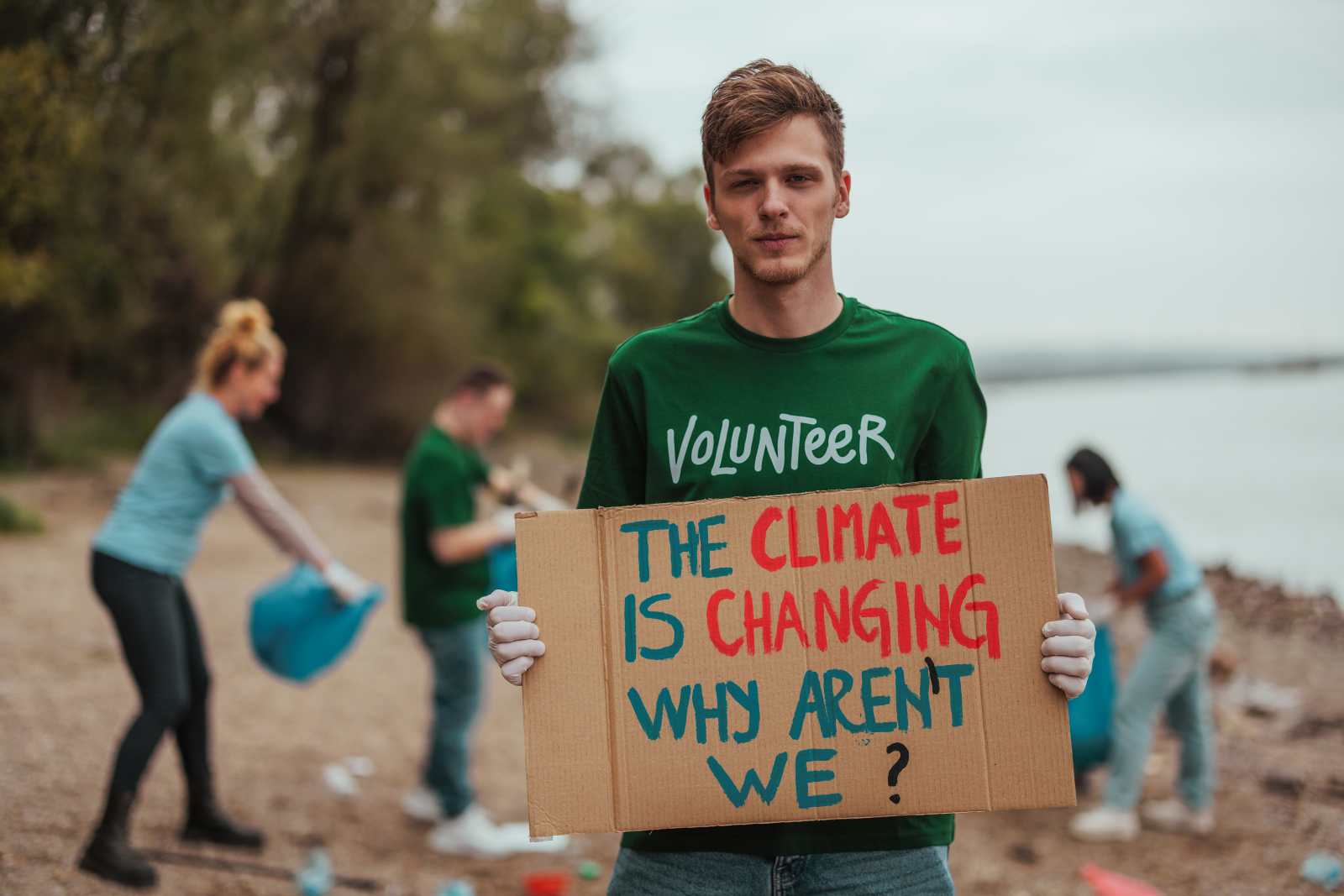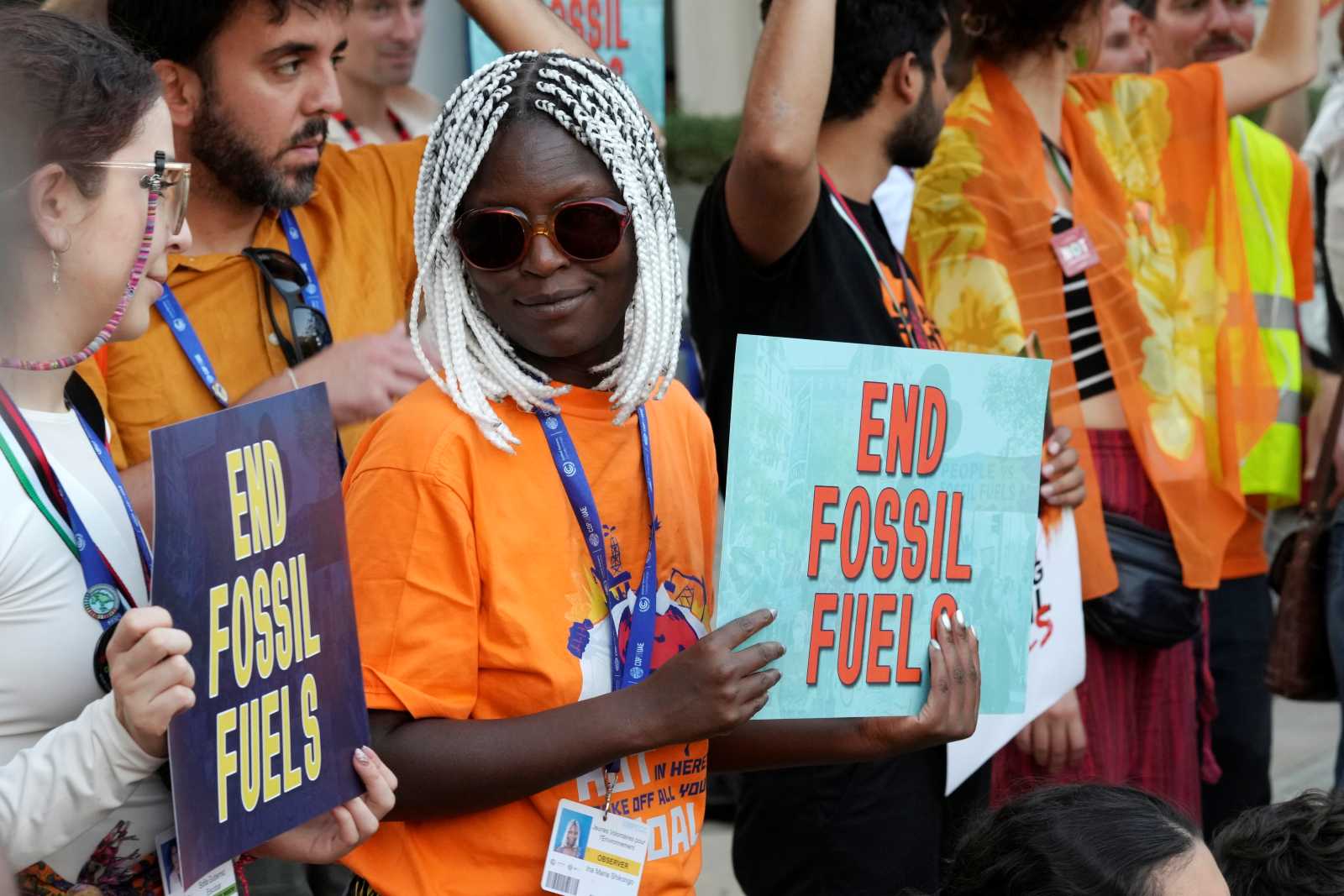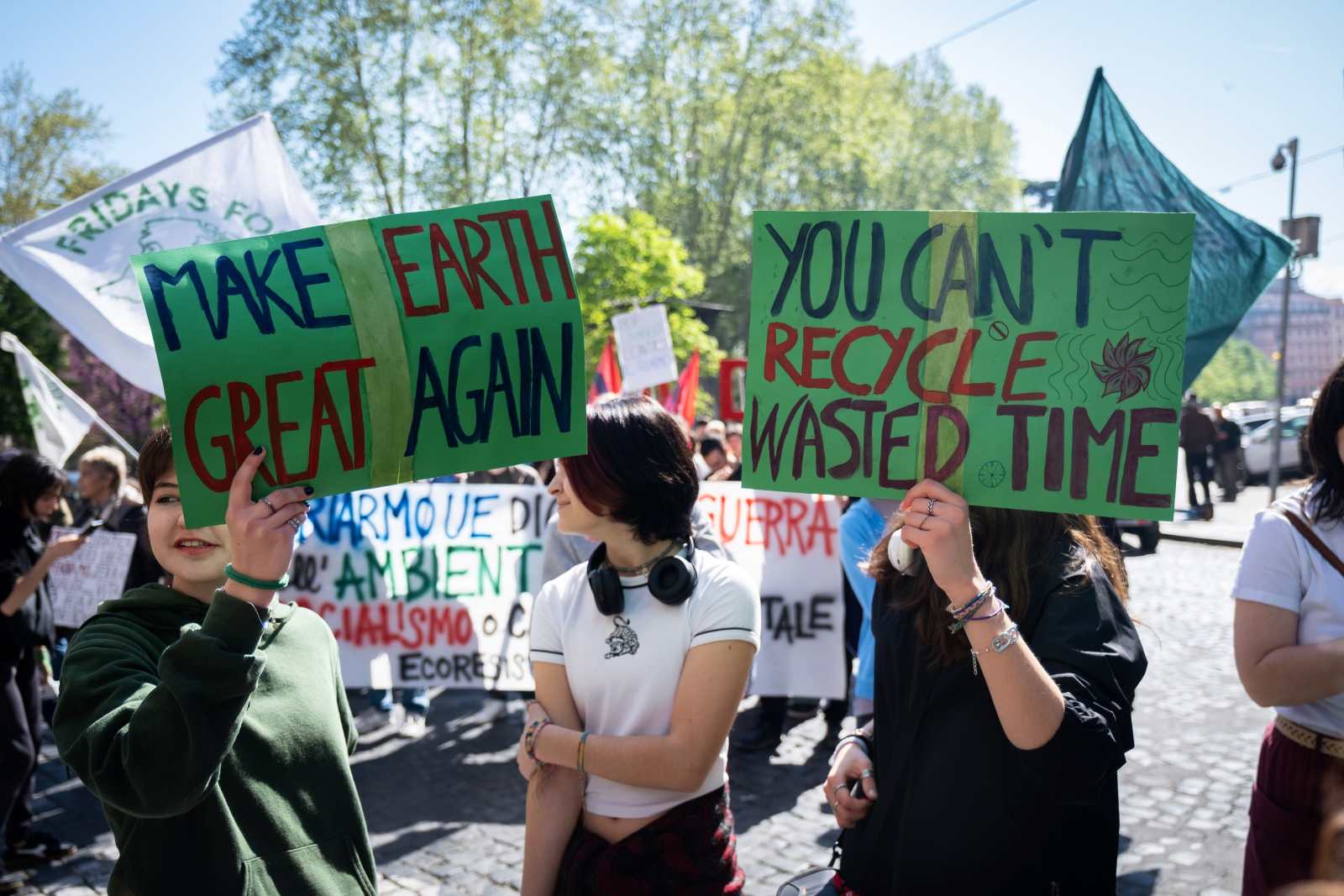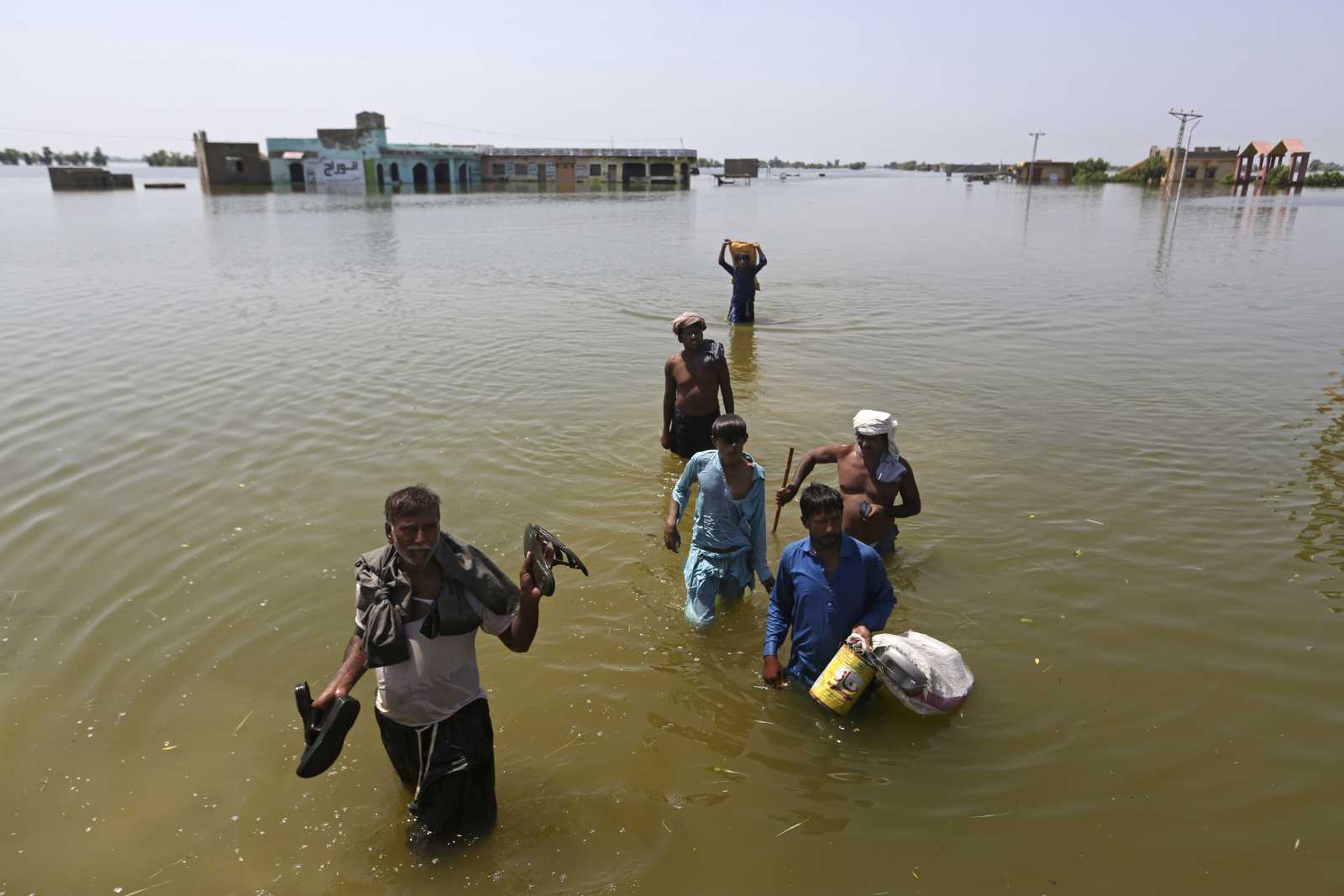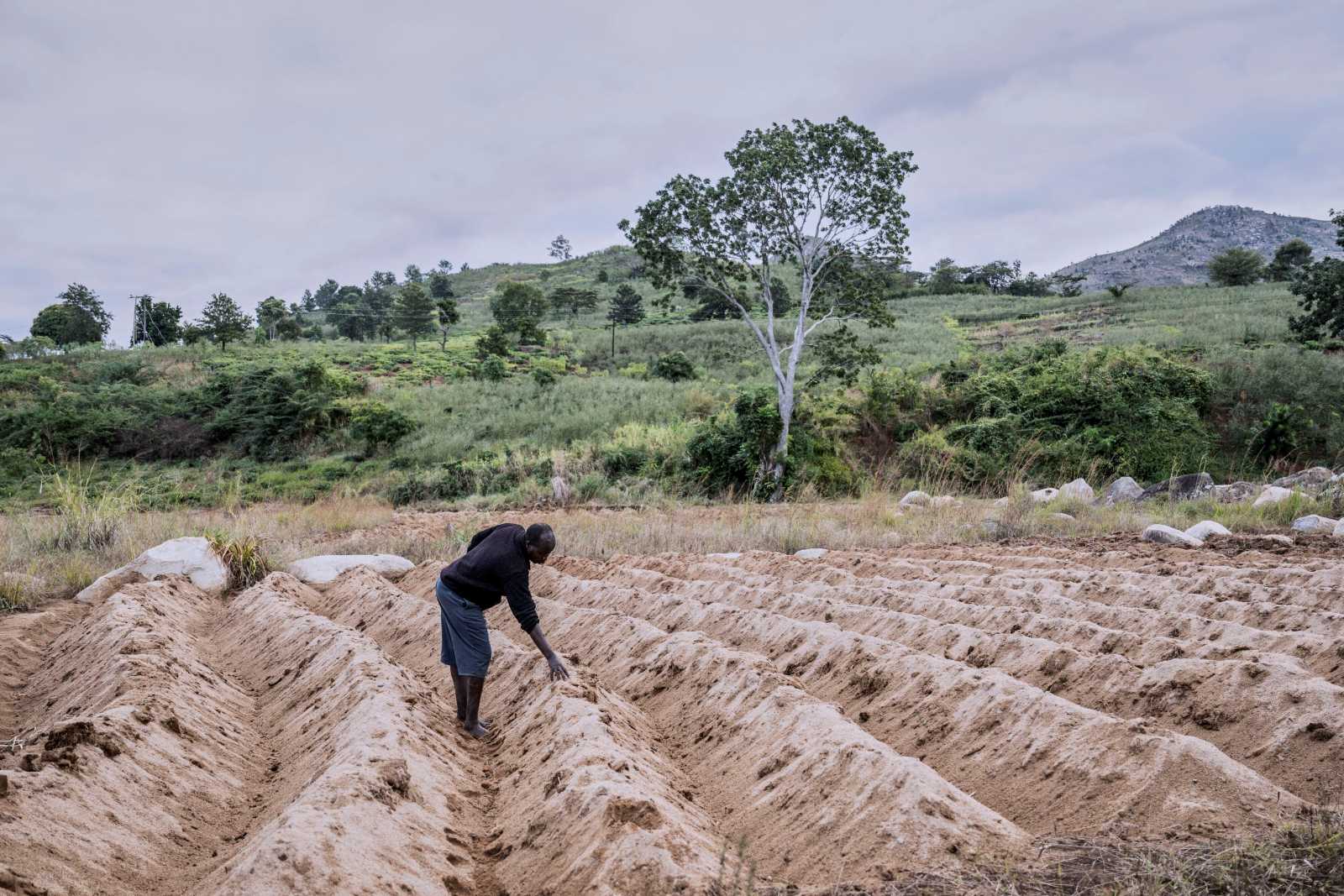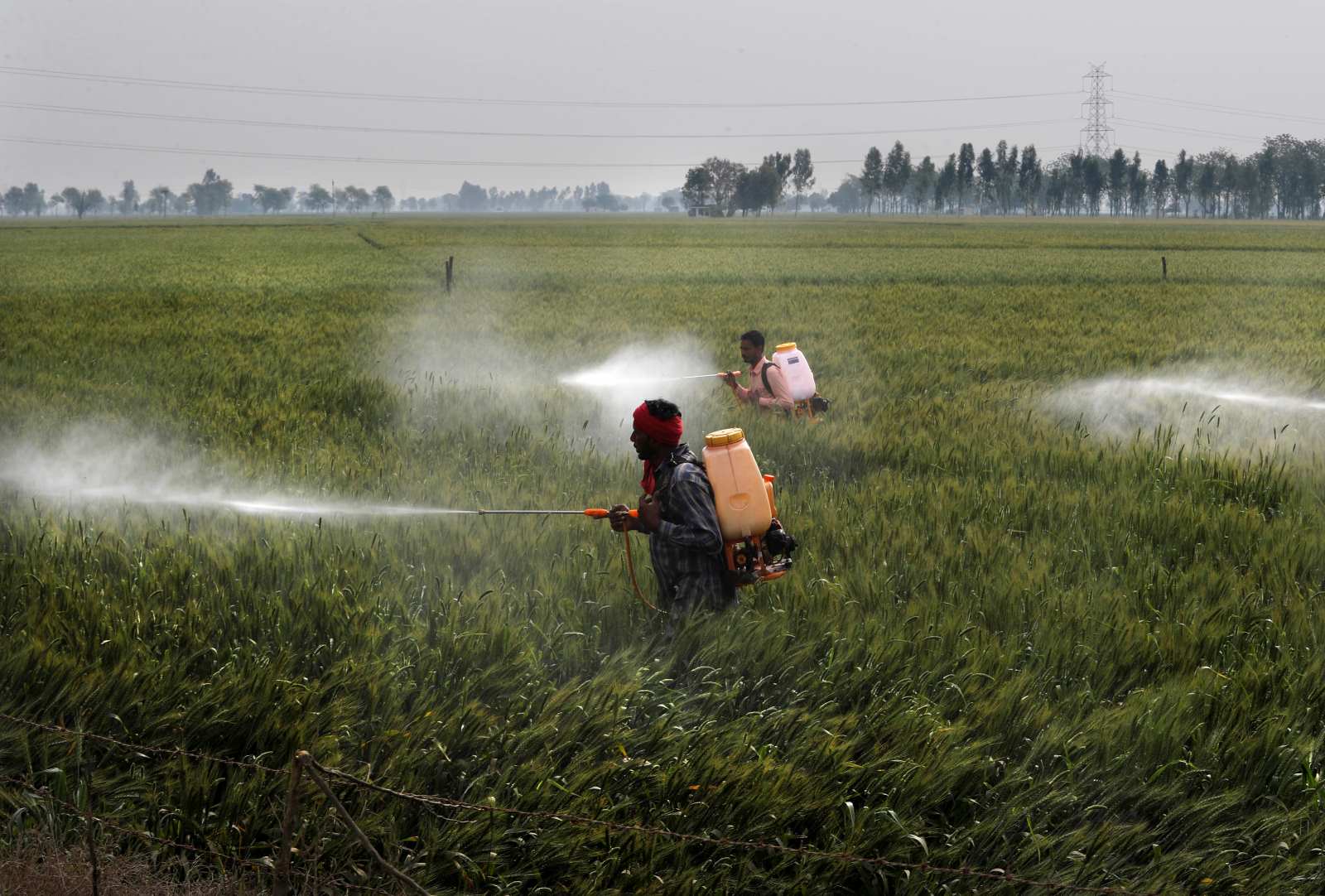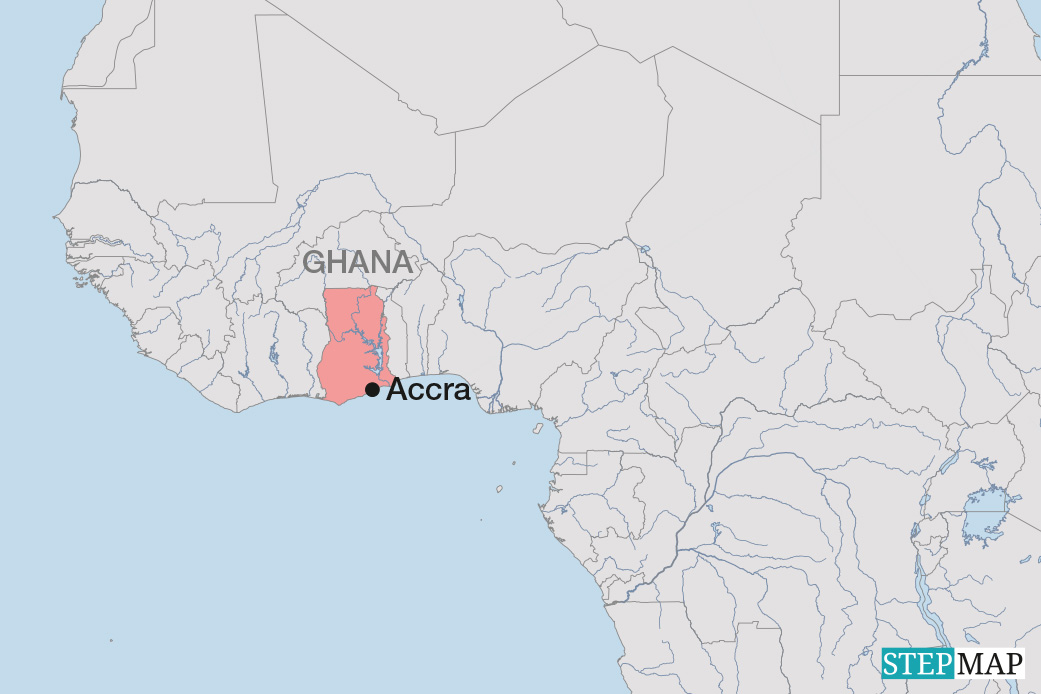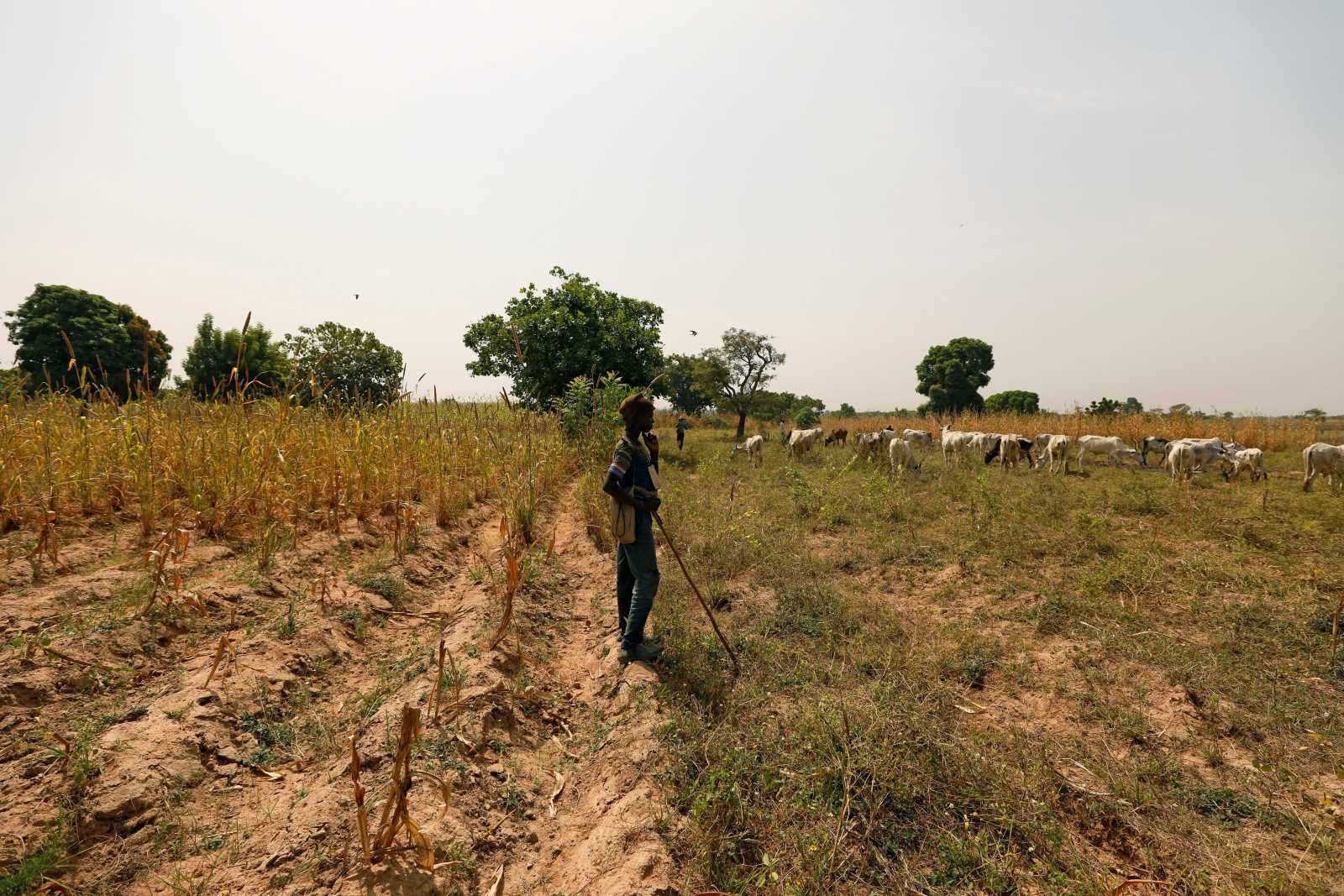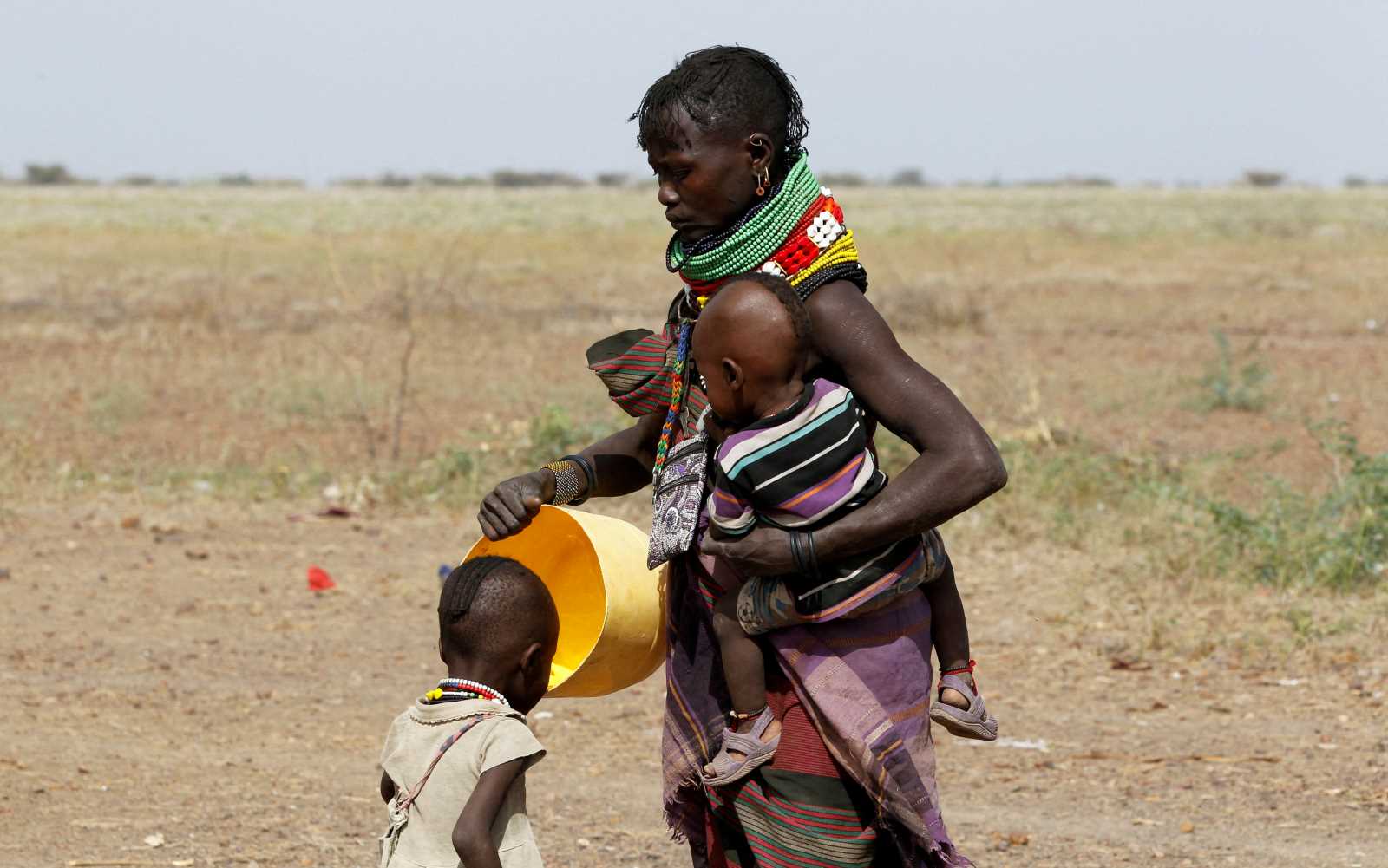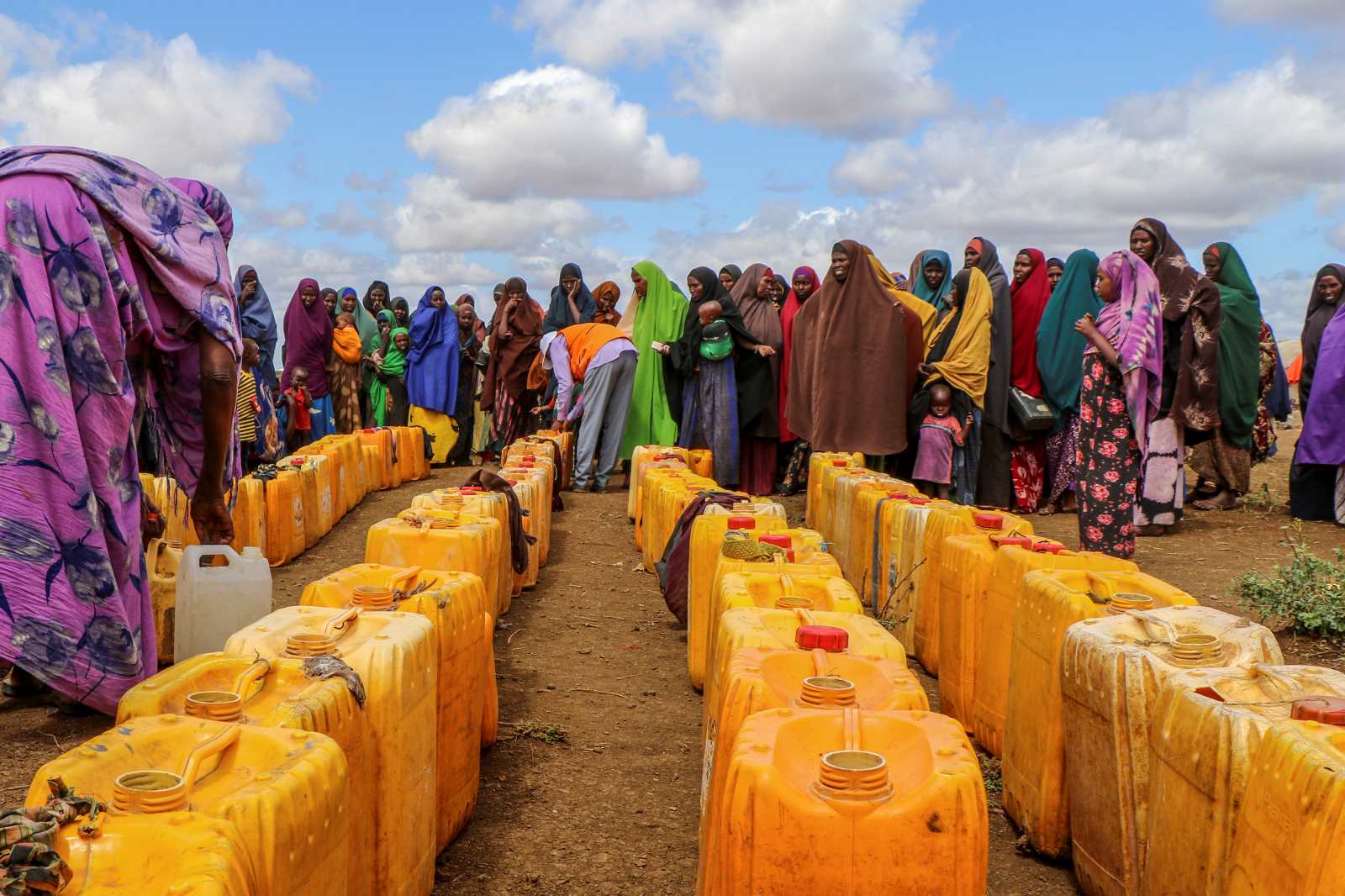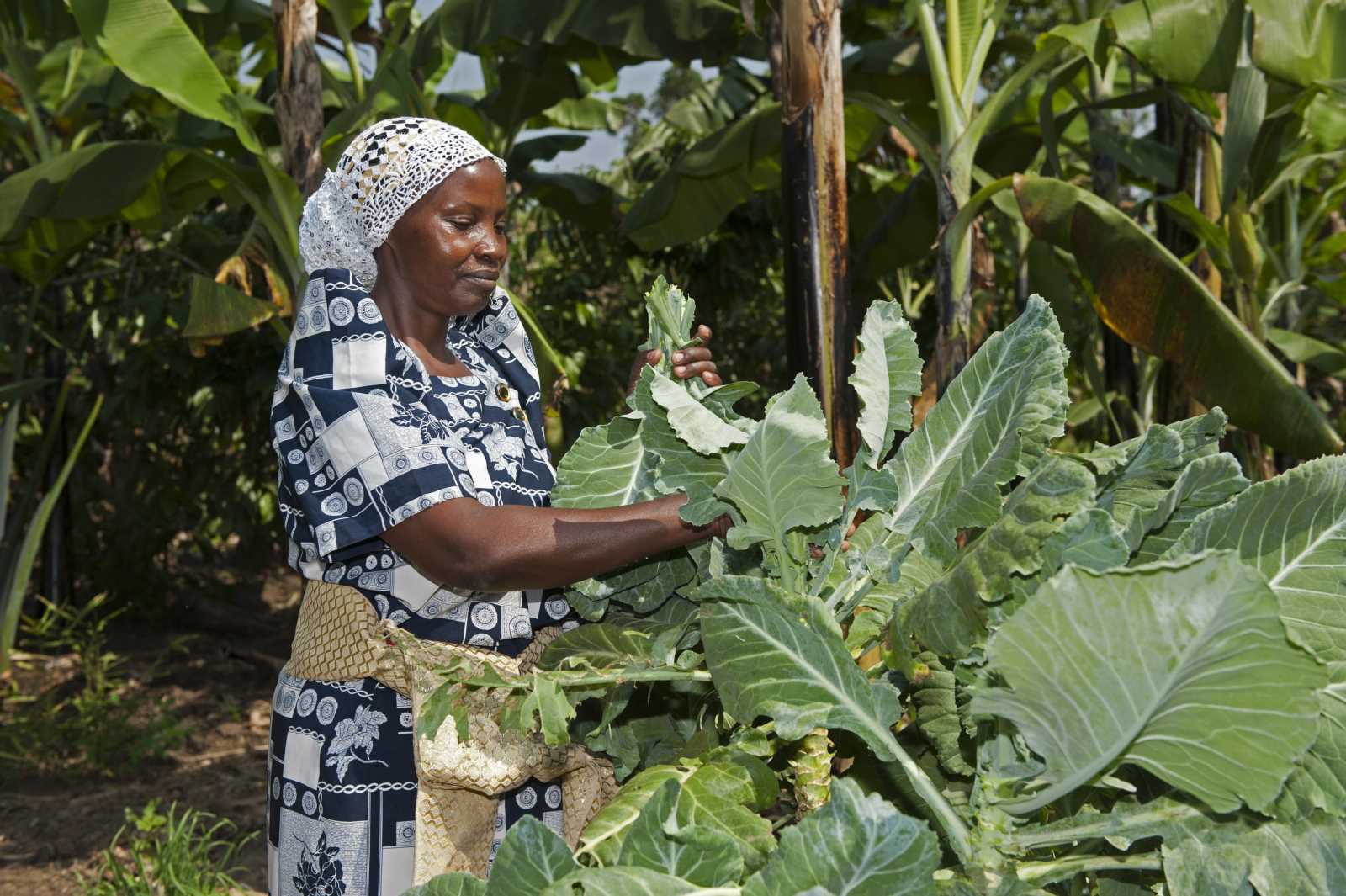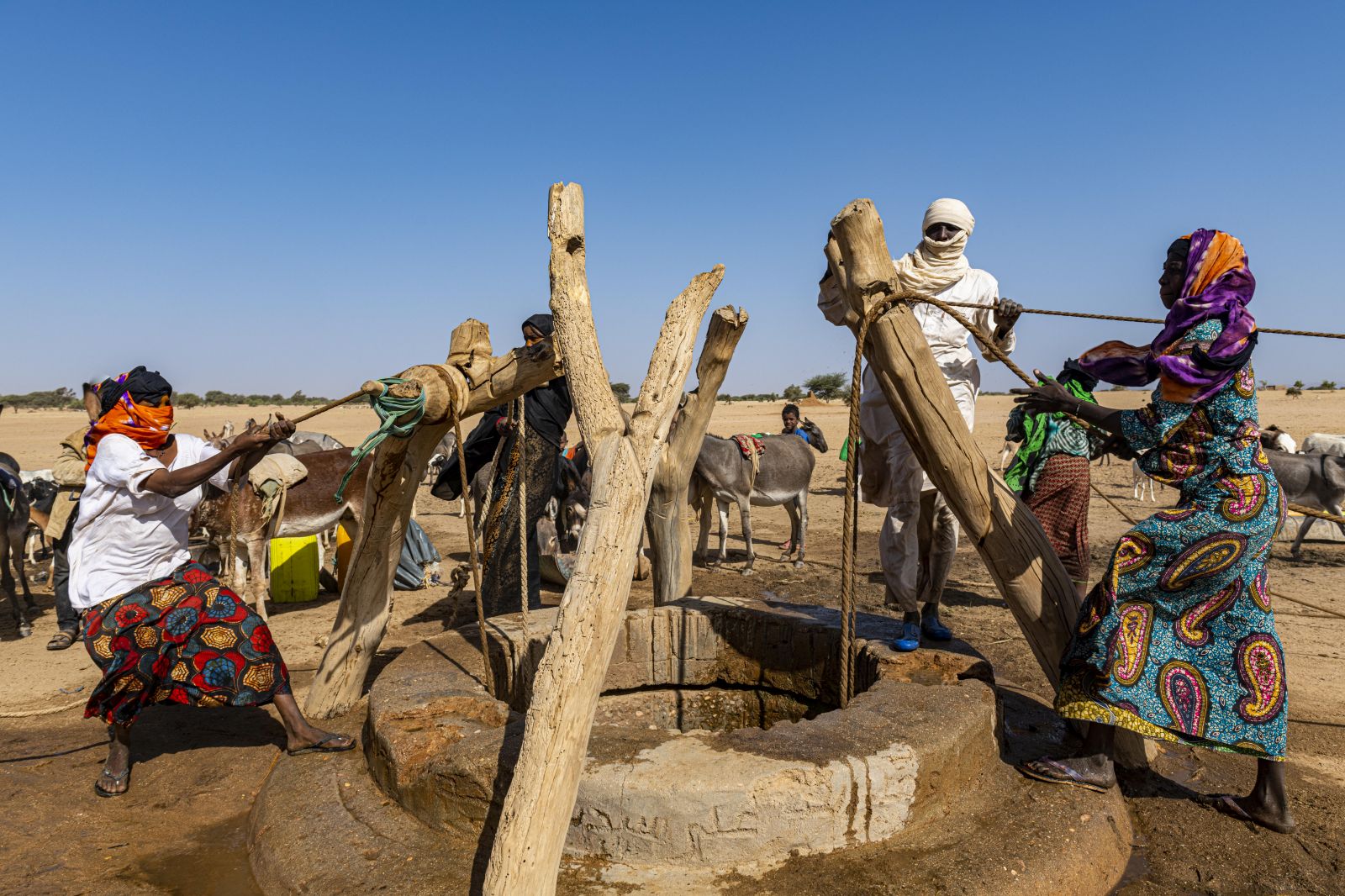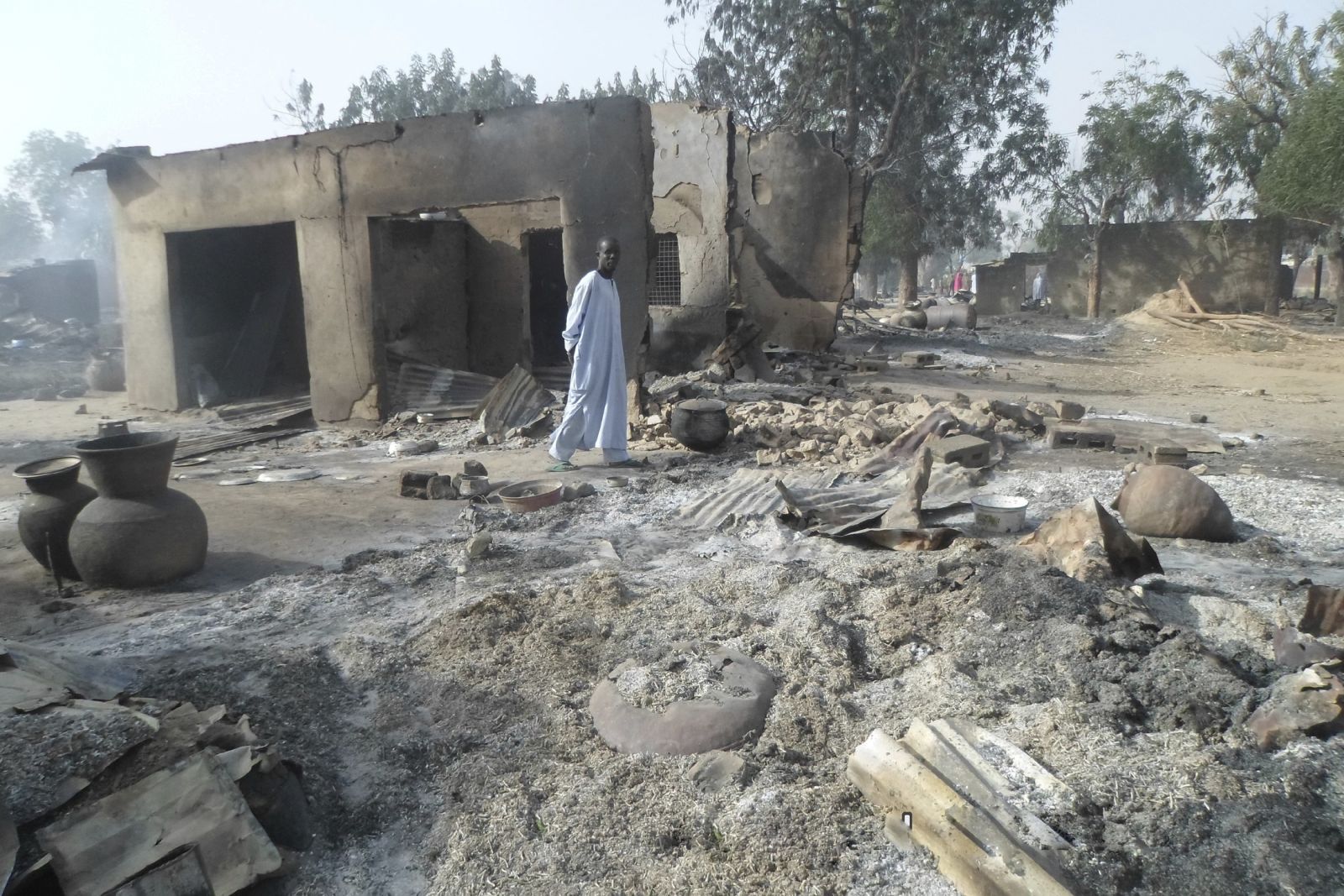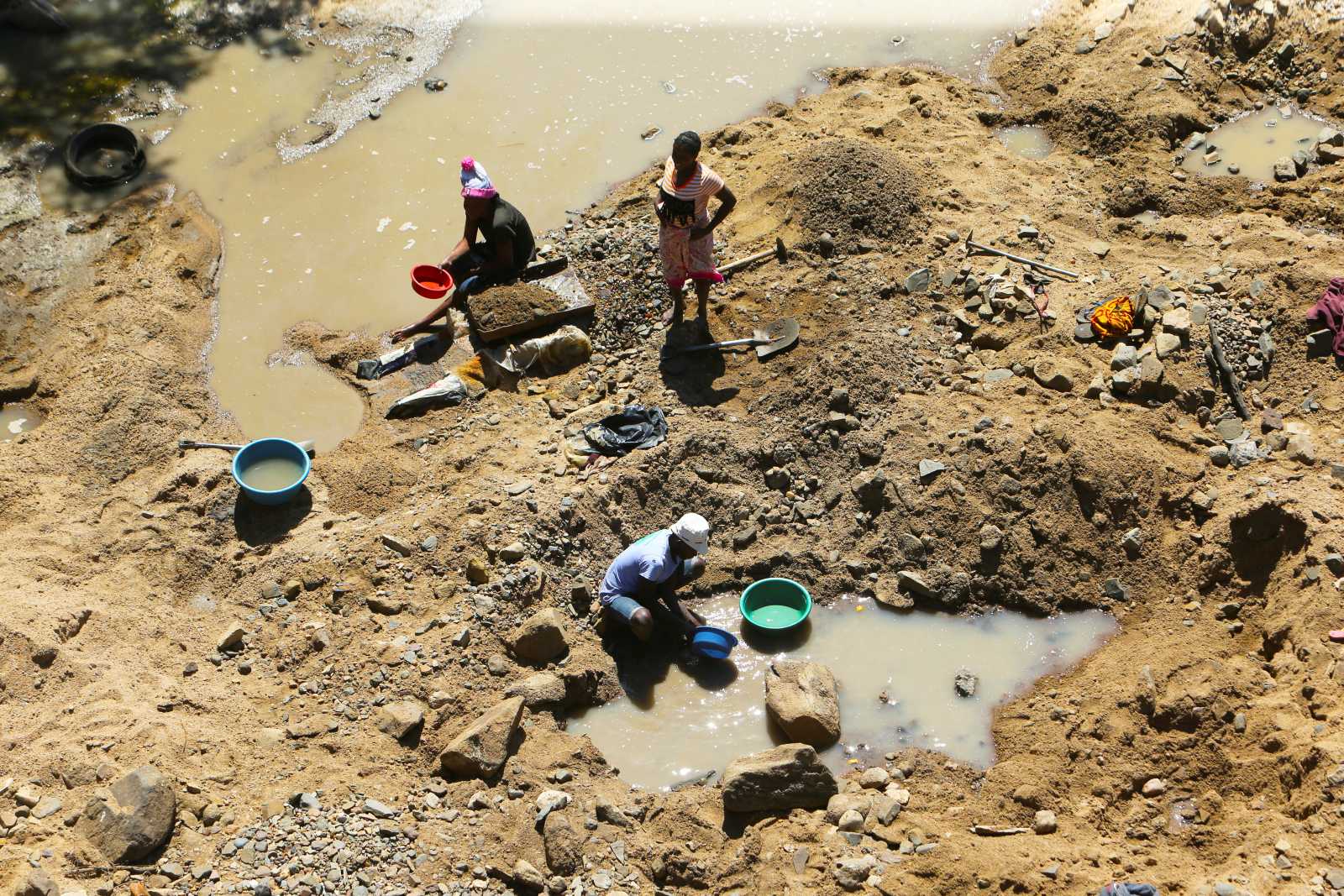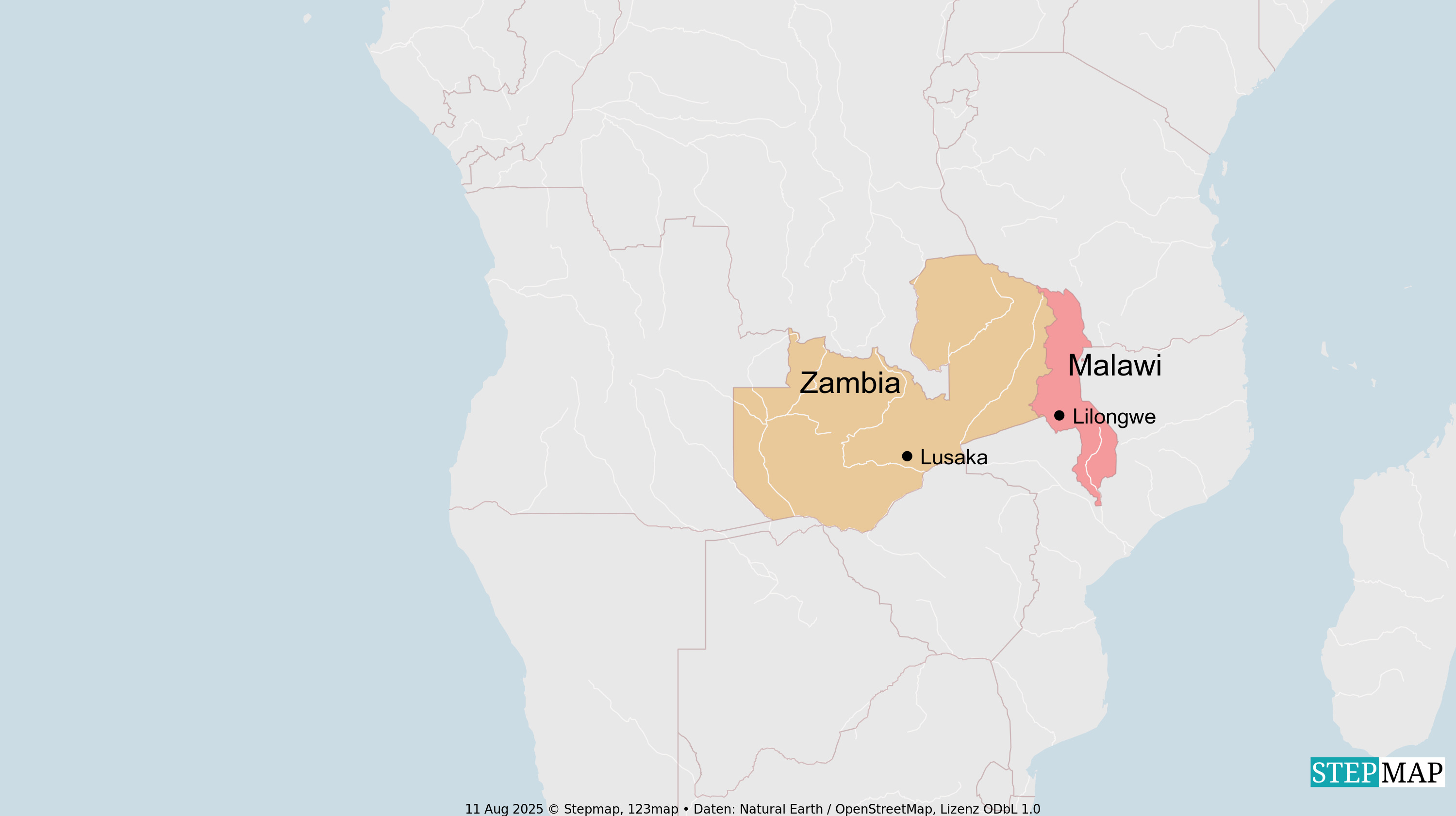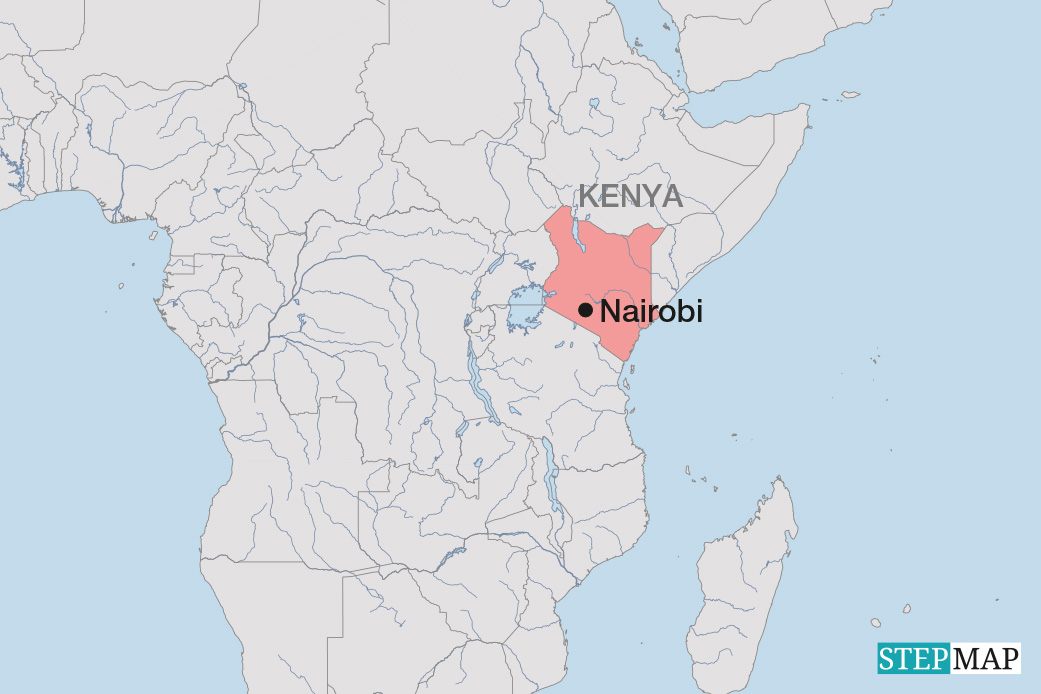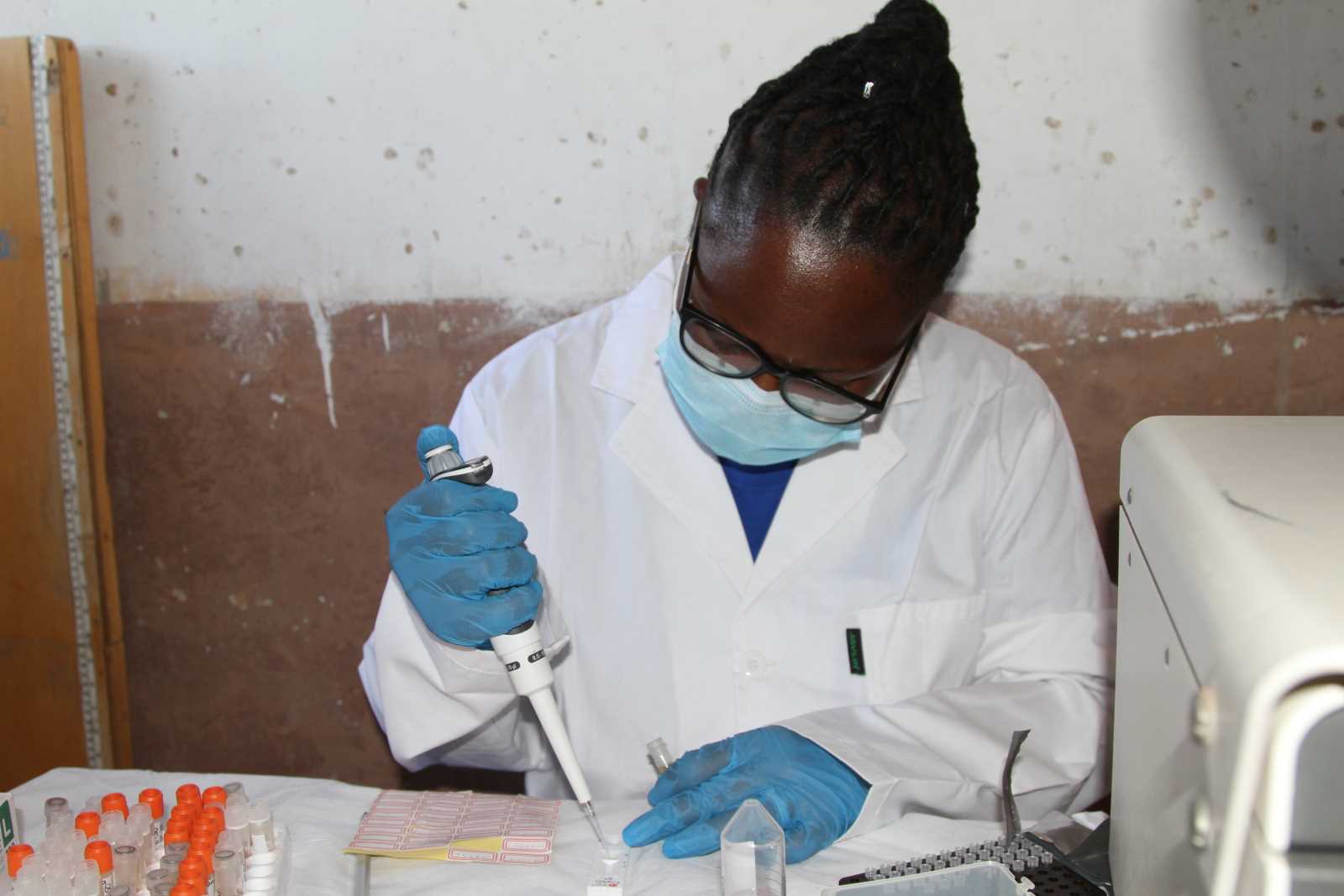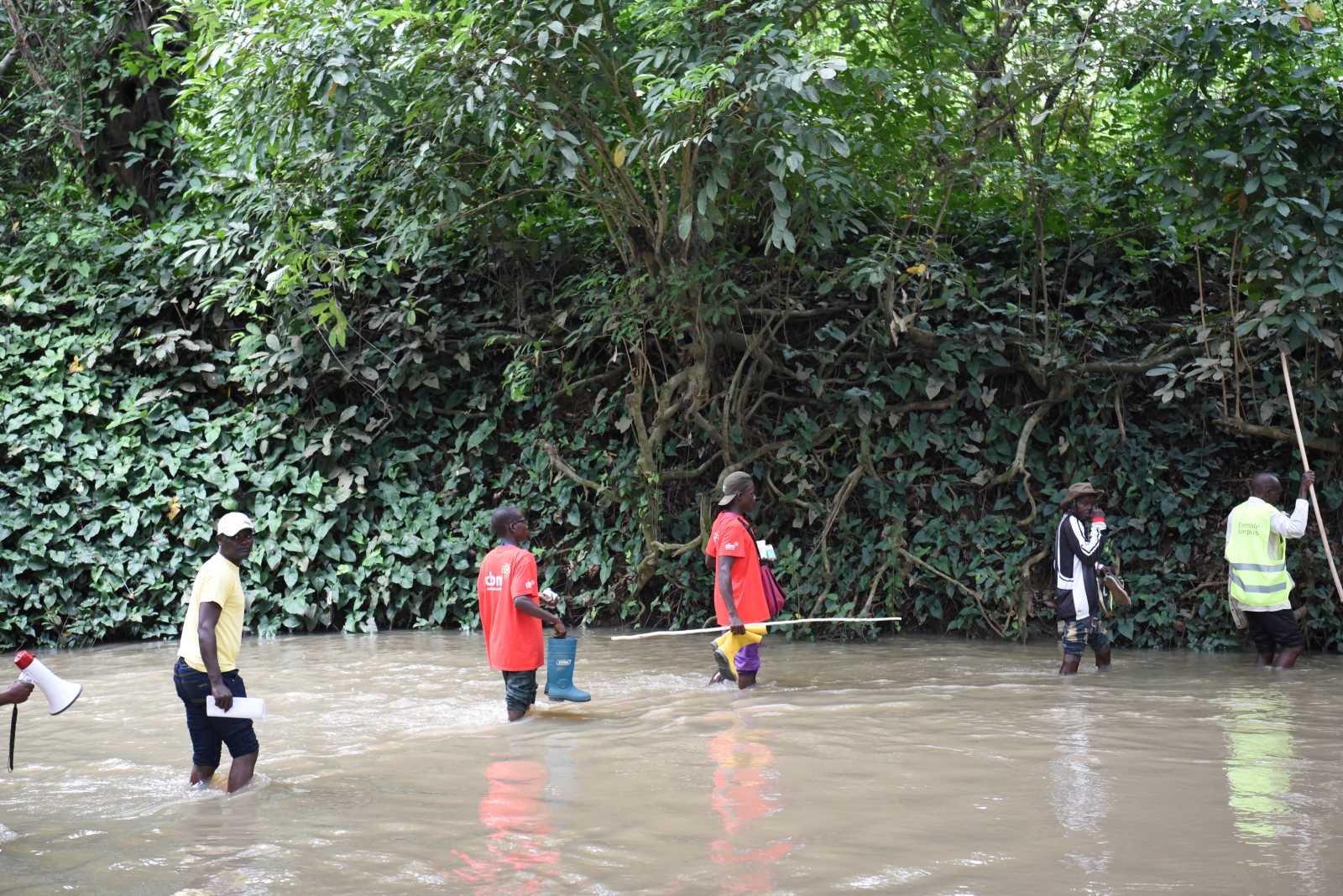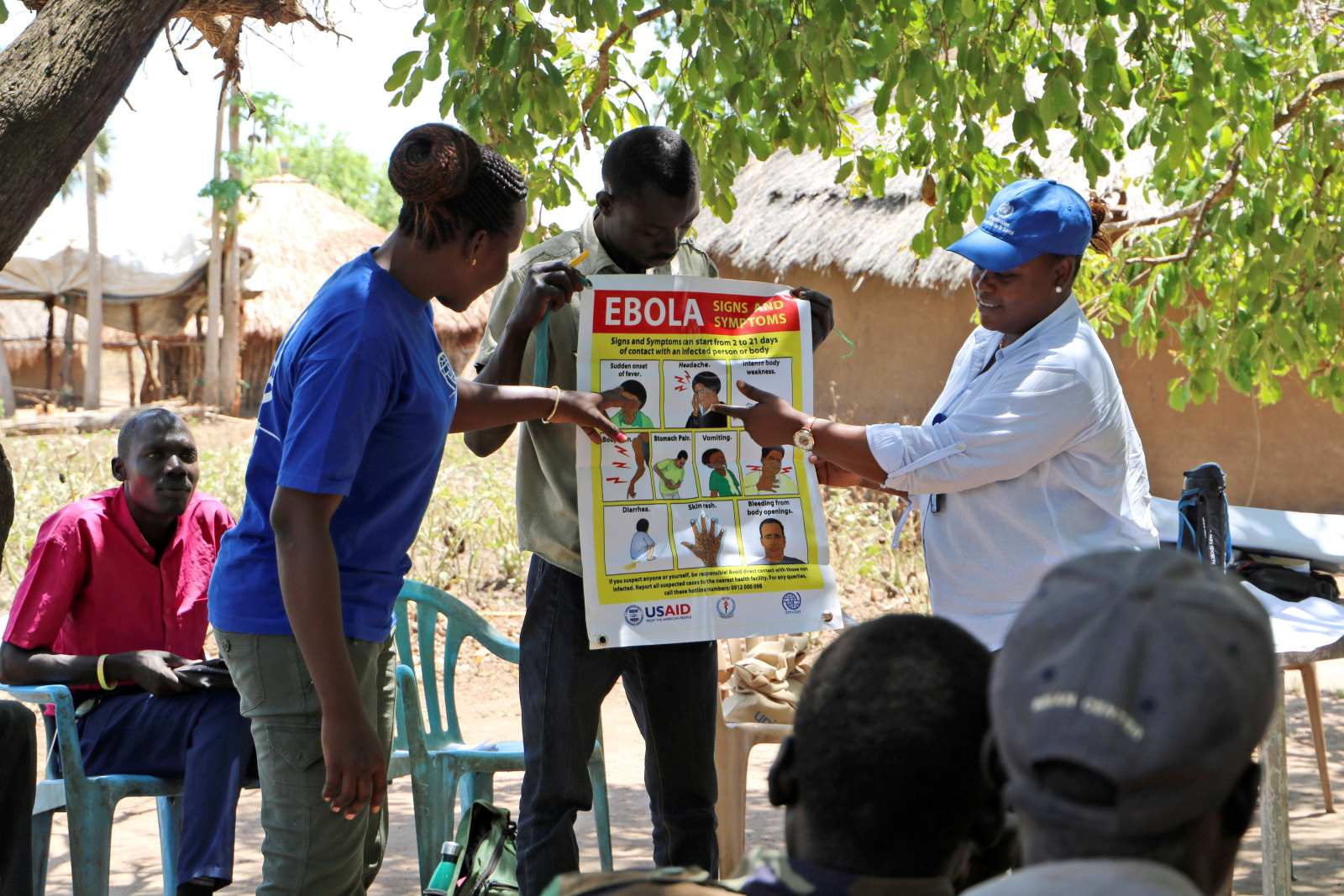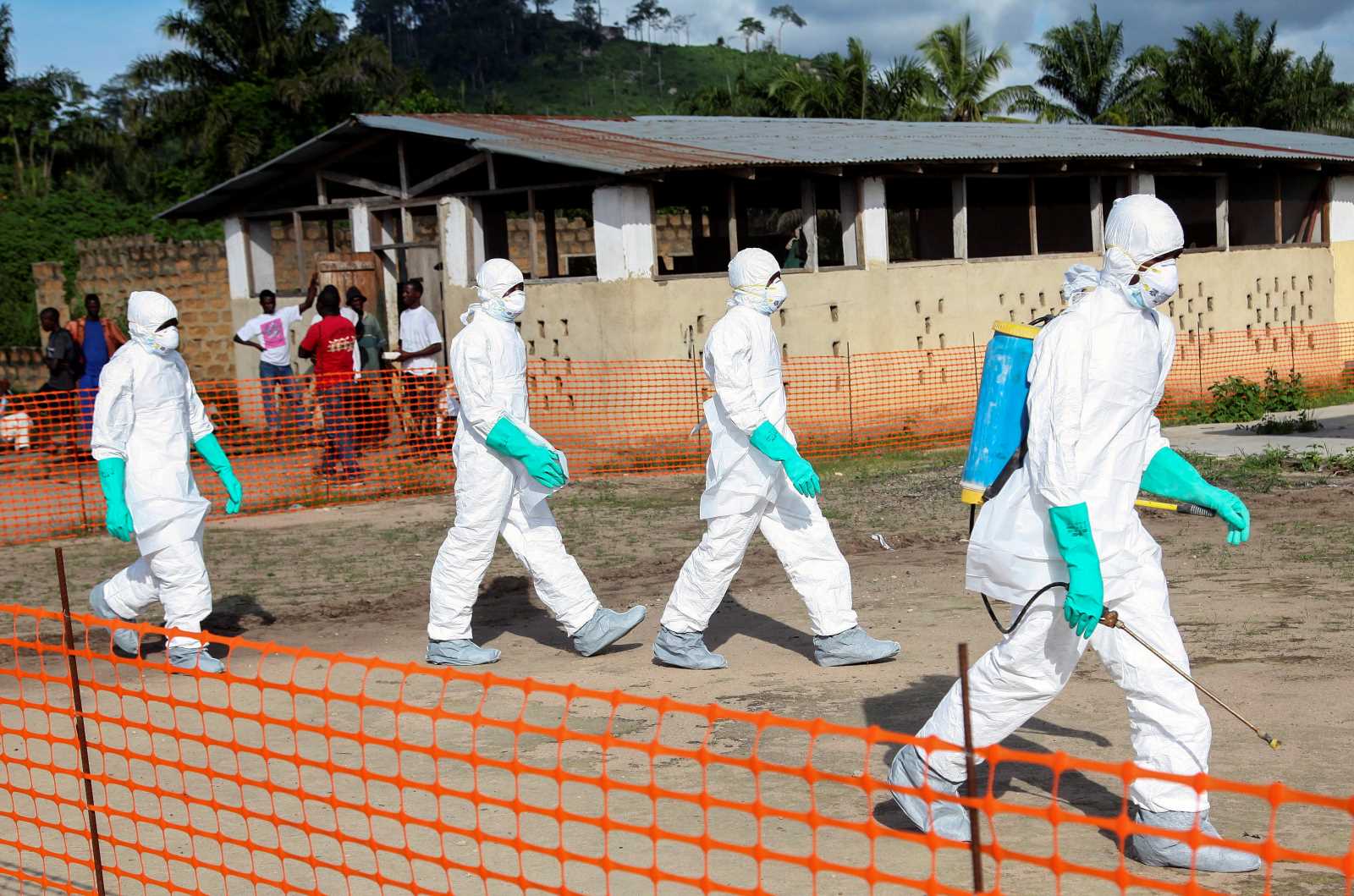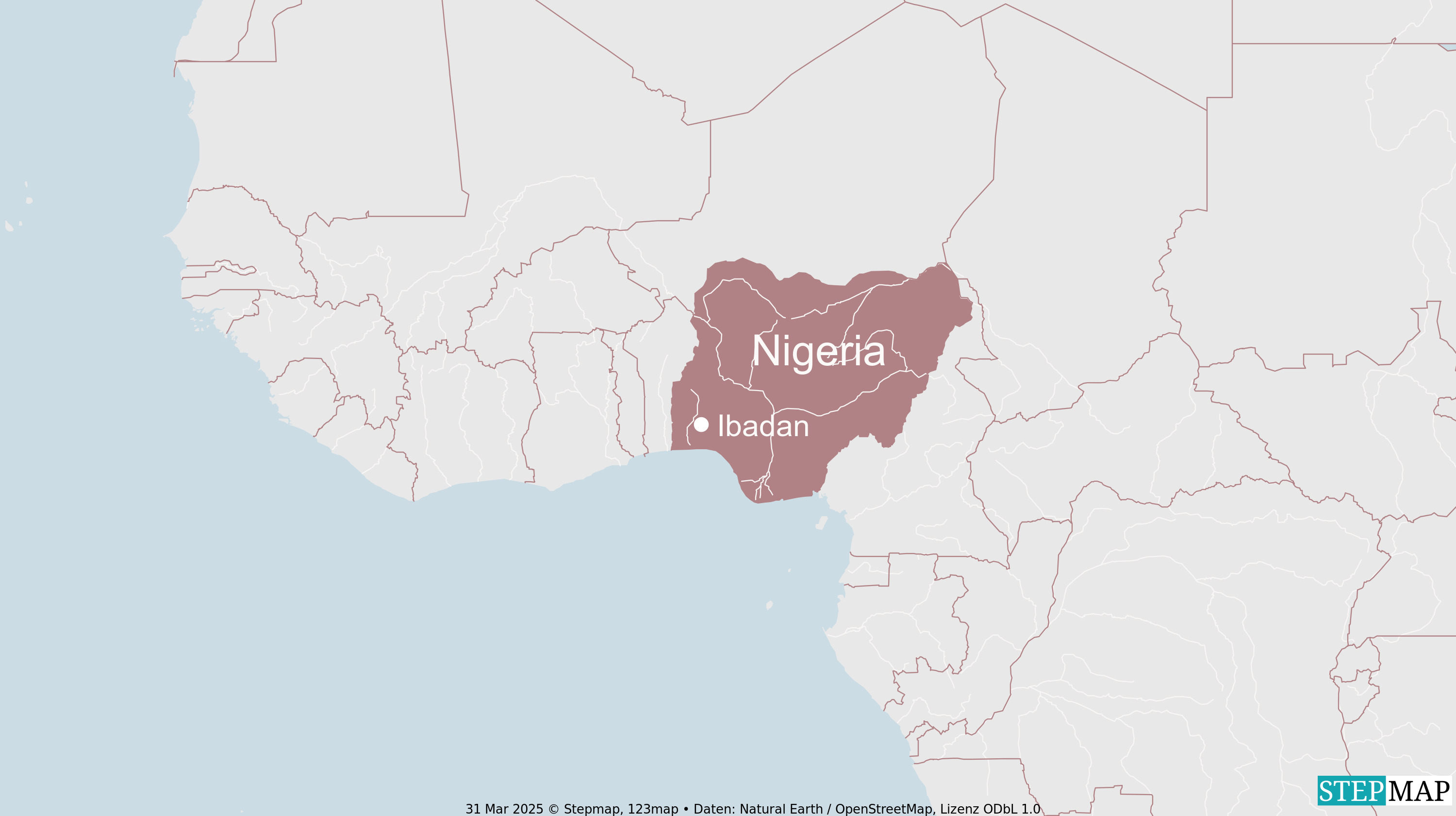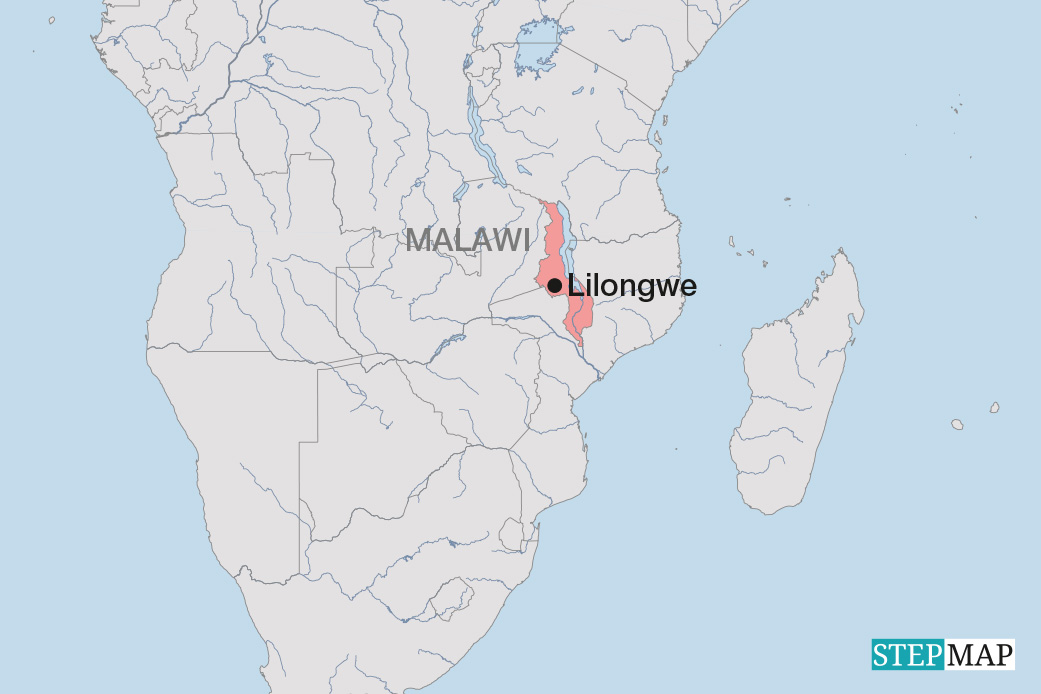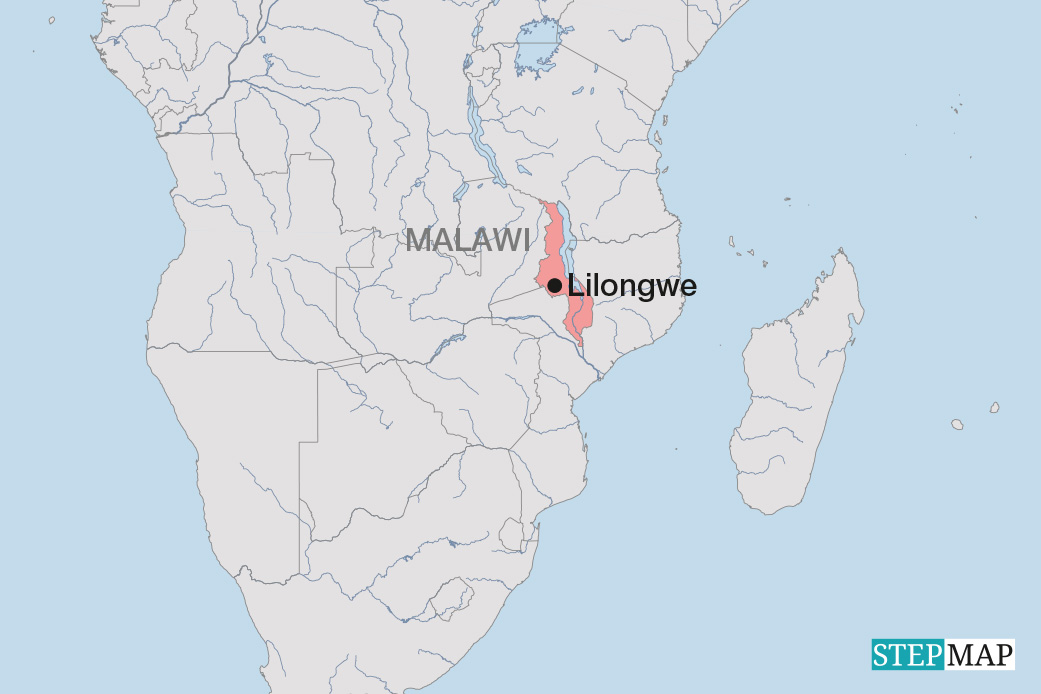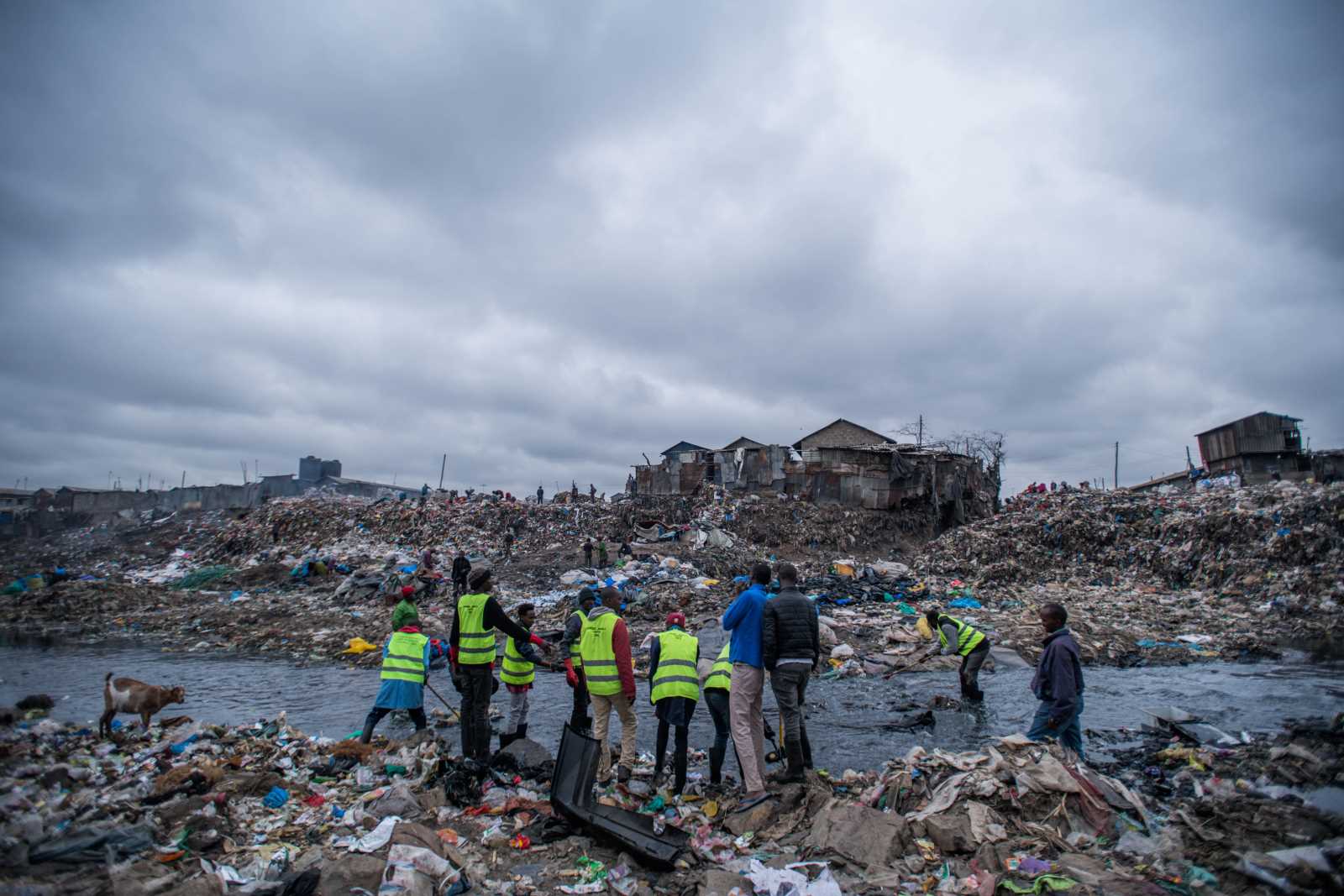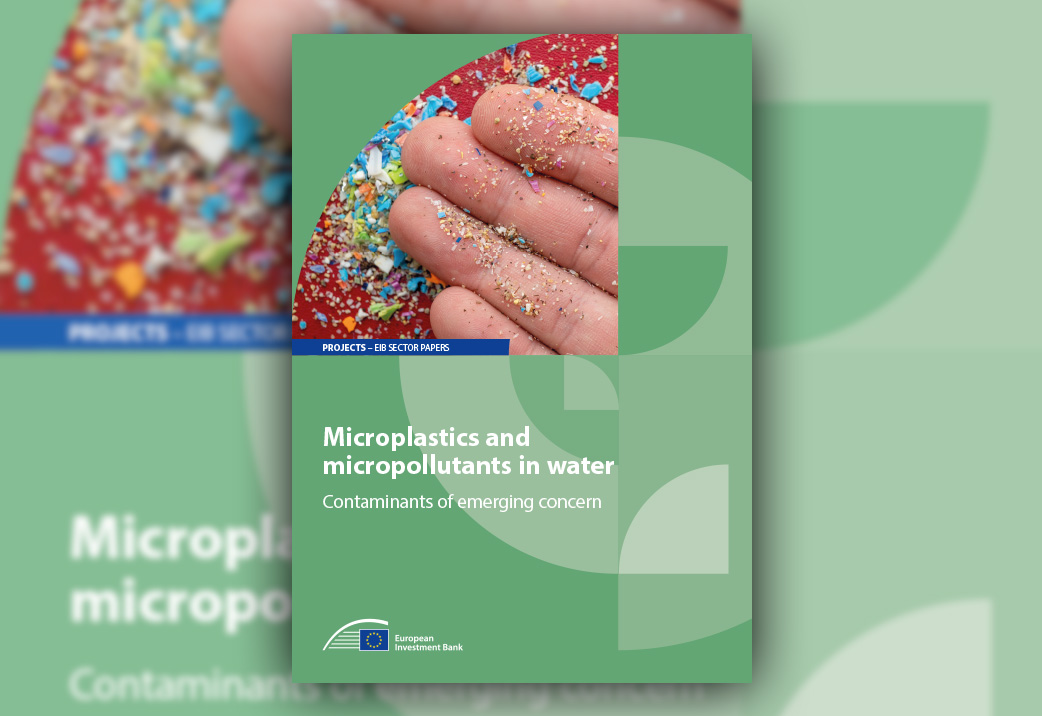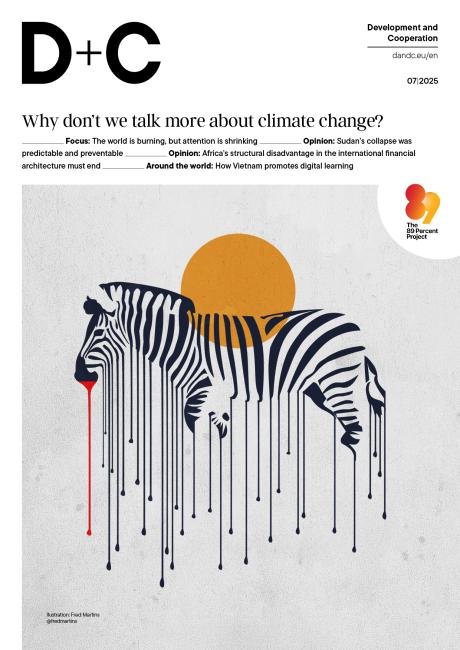Global environment
Restoring the planet’s environmental health is indispensable
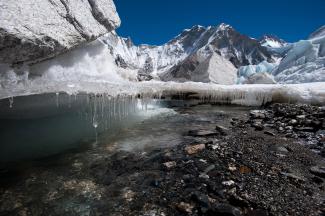
Global environment in crisis
Our era is marked by increasing ecological destruction. Some devastating trends are global and threaten the future of humankind as such. Every nation state is affected – and no nation state can rise to the resulting challenges on its own. Global heating has attracted the most attention internationally, but the erosion of biodiversity, increasing desertification or the proliferation of waste are serious challenges too.
The international community has made efforts to get a grip on some of the most important issues. United Nations conventions have been adopted, various funds like the Global Environment Fund (GEF) have been established, and a series of multilateral negotiations keeps going on. Unfortunately, the global environmental crisis has kept escalating largely unabated. Countries with low incomes typically feel the strongest impacts, though they have done rather little to bring about the problems.
Recent Articles
New contributions on environment topics
Restoring the planet’s environmental health is indispensable. Ecological improvements are therefore core components of the Sustainable Development Goals. Climate action is not enough, but without it all other developmental aspirations the United Nations have spelled out will remain unattainable.
Protecting biodiversity
Variety matters much
Biodiversity has several dimensions. The number of different species matters, but so do the great variation of ecosystems they live in as well as the genetic diversity that makes any single species resilient. By destroying the environment, humankind is putting its own existence at risk. Ultimately, even the food security of high-income nations depends on the protection of biodiversity. Agriculture cannot thrive when ecosystems fail. The UN Convention on Biological Diversity is just as important as the UN Framework Convention on Climate Change.
Climate justice
Facilitating a just transition
Though humankind has been producing enough food to feed everyone on earth, hunger and malnutrition still affect poor rural communities. Climate damage will make life more difficult for them. Moreover, it is likely to reduce global food supply. Action is needed at local, national and global levels. Vulnerable communities’ interests deserve policymakers’ attention. At the same time, it is necessary to mobilise more funds and to implement the transformation to clean energy in ways that do not further disrupt economic and social life.
Desertification issues
Keeping land from deteriorating
Worsening aridity and fast population growth are exacerbating poverty in some world regions. The Lake Chad region on the southern fringes of the Sahara desert is probably the most striking example. While the region’s political crisis is attracting much attention, the underlying ecological issues are largely ignored.
One Health
Healthy environment, healthy humans
Human development cannot succeed where people are physically unfit. For this reason, basic healthcare has always been high on the international development agenda. Because of escalating environmental crises, however, health risks are increasing. Since the health of humans, animals and ecosystems is closely interrelated, the One Health approach deserves more attention. Failure to take preventive action will lead to worsening health results, further overburdening healthcare systems that even today do not grant universal access.
The waste-management challenge
Building a circular economy
Garbage is flooding the planet with harsh impacts on climate and biodiversity. Informal scavengers appreciate what waste is worth, but policymakers all too often stay ignorant. Around the world, we need regulations to enforce the “3R” imperatives: reduce, reuse and recycle. The goal is to build a circular economy which no longer needs to dispose of any waste. Part of the challenge is to formalise the informal sector in ways that ensure better livelihoods to the masses of people who depend on it.
DIGITAL MONTHLY ON CLIMATE ACTION
DIGITAL MONTHLY ON CLIMATE ACTION
Our Digital Monthly 2025/07 focuses on climate action. Click on the title on the left to download the issue as a PDF free of charge.
The contributions of our authors deal, among other things, with
- media coverage on climate issues in times of multiple crises,
- how waning political will is jeopardising progress made in climate protection,
- school closings due to heat waves in South Sudan,
- a lack of interest in climate issues despite devastating disasters in Pakistan,
- the psychology of communicating climate change and
- the lucrative business behind climate disinformation.




















